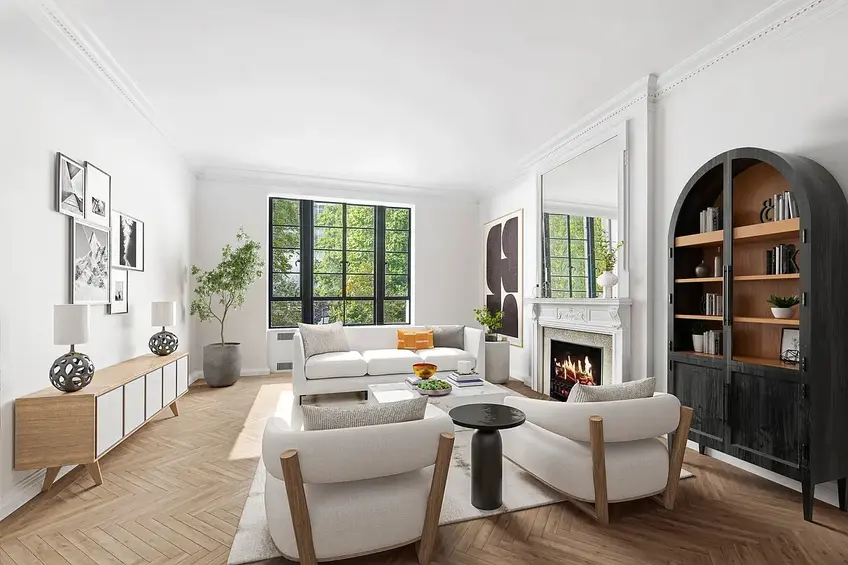 Hayden House, 11 West 81st Street #2B (Compass)
Hayden House, 11 West 81st Street #2B (Compass)
Purchasing a home is both incredibly exciting and often a stressful endeavor. But finding a home in “the city that never sleeps” has all the added excitement and stress to give you bouts of insomnia. In addition to being a fast-paced housing market with what seems to be ever-rising prices, there are so many scams to avoid (i.e. bait and switch), rules to be aware of (i.e. coop, condo, board requirements, fees, pets, etc) and a large number of listings to sift through.
While real estate agents may not be essential in some markets, in New York City, navigating the home search without one can be arduous. Mindy Brill, a broker at Yael Dunsky Real Estate, emphasizes that online platforms offer a limited perspective, curated by sellers. In contrast, a broker works exclusively for the buyer's benefit.
While real estate agents may not be essential in some markets, in New York City, navigating the home search without one can be arduous. Mindy Brill, a broker at Yael Dunsky Real Estate, emphasizes that online platforms offer a limited perspective, curated by sellers. In contrast, a broker works exclusively for the buyer's benefit.
In this article:
"Online sites only present one facet of the search and that is the one sellers would like you to see. It is an advertisement after all. Your broker, on the other hand, is working for you." -Mindy Brill
Mindy Brill, a broker at Yael Dunsky Real Estate, explains, “In this advanced technological age, a lot of people looking to buy an apartment think that it is unnecessary to use a broker in their apartment search. Online sites only give one facet of the search and that one is what the sellers would like you to see. It is an advertisement after all. Your broker, on the other hand, is working for you."
Peter Sommer, an experienced broker at R New York, warns against randomly contacting agents found on online listings. Some agents, he explains, "buy zip codes" on platforms like Trulia, creating a potential mismatch with their actual expertise in a neighborhood.
Selecting the right broker from a pool of over 27,000 agents in the city is crucial for a successful search, but it can be a daunting task. Experienced brokers, like Brill, play a vital role as conduits, ensuring timely progress and coordination among various parties involved in a deal.
Brill recalls, “The broker is the conduit to making sure things are happening on time and always being up to date and prodding lawyers/managing agents, etc. to do their part but lawyers can hold up and even ruin deals. One client told us that the broker and lawyer sat on a deal so long, the maintenance went up without advance notice and the deal was dead.”
Brill recalls, “The broker is the conduit to making sure things are happening on time and always being up to date and prodding lawyers/managing agents, etc. to do their part but lawyers can hold up and even ruin deals. One client told us that the broker and lawyer sat on a deal so long, the maintenance went up without advance notice and the deal was dead.”
"Simply contacting an agent because they are on an online listing is inadvisable." -Peter Sommer
Brill says, “Experienced brokers know the answers to a lot of questions that buyers should ask, who to ask other questions and what questions to ask. Questions that first-time buyers may not know to ask. Having been around the block a few times (both literally and figuratively), brokers have intimate knowledge of a lot of buildings and landlords….is the landlord reasonable when it comes to rent increases — what is the makeup of the building (quiet or a frathouse).”
Hayden House, #2B (Compass)
So how does a buyer find the right person to lead them in this complicated, confusing and expensive process?
Traditional methods of finding brokers include seeking recommendations from friends, reaching out to listing agents or searching online for reputable agents in specific neighborhoods. Several strategies are outlined below:
1. Your Friend's Broker
Sommer estimates that nearly 50% of his business comes from referrals. “There is really no substitute for someone who has utilized your services. The conversation usually goes: How did your apartment purchase go? Who did you use?” Sommer also noted that many of the brokers in his office use the email signature: referrals are the greatest compliment. “There is a lot to be said about a warm introduction,” says Sommer.
In addition to asking friends, family and colleagues for referrals, another way to find a broker is through formal or informal references. Sommer commented, “No one has ever asked me for one. I am surprised more people don’t ask for references.”
Perhaps that is because Sommer’s site lists personal testimonials about his services, such as Kelly Y’s feedback, “Peter was by far the best broker we could have ever had when looking for an apartment in NYC. He was incredibly honest, trustworthy, and went out of his way to accommodate our wants and needs. Many people have negative experiences with brokers, but Peter defies all of the negative stereotypes that are unfortunately associated with brokers, and gives a new definition to going above and beyond for his customer. I have referred many people to Peter years after he helped us - I think that alone is a testament to what a great job he does.”
In addition to asking friends, family and colleagues for referrals, another way to find a broker is through formal or informal references. Sommer commented, “No one has ever asked me for one. I am surprised more people don’t ask for references.”
Perhaps that is because Sommer’s site lists personal testimonials about his services, such as Kelly Y’s feedback, “Peter was by far the best broker we could have ever had when looking for an apartment in NYC. He was incredibly honest, trustworthy, and went out of his way to accommodate our wants and needs. Many people have negative experiences with brokers, but Peter defies all of the negative stereotypes that are unfortunately associated with brokers, and gives a new definition to going above and beyond for his customer. I have referred many people to Peter years after he helped us - I think that alone is a testament to what a great job he does.”
2. The Listing Broker
Steven James, CEO of Douglas Elliman New York City, recommends the best way to find a broker is to decide which neighborhood you want to be in and then decide how much you want to spend. After that, James recommends doing an online search and find properties that interest you and see which agents list those properties. Finally, call those agents and ask them to tell you about the properties. “First impressions are really important.”
James stresses that buyers want to (and should be) listened to. “Make a list of questions about your search and your needs and see how they handle you. Ask yourself would I like to work with this person, could I work with them?”
James stresses that buyers want to (and should be) listened to. “Make a list of questions about your search and your needs and see how they handle you. Ask yourself would I like to work with this person, could I work with them?”
James also warns that buyers should not just look at the “star” agents (the top 10 agents per firm), “There are a lot of really good agents out there with vast expertise and vast track records who are consistent earners but they are not necessarily ‘stars.’ Consumers can often get mislead by the big stars and think they should only be working with them. There’s a saying in the theater that the journeyman actor (someone who works every day) may not be a star (someone who does not work often but makes a great impression) but knows and is capable of handling any part because they have played all the parts along the way and is always dependable to do a good job.”
3. The Neighborhood Broker
James recommends finding a broker with a good track record in the desired neighborhood, one who can provide insights into the area's strengths and weaknesses. A knowledgeable broker should guide buyers on building considerations, local amenities, and neighborhood dynamics.
According to James, your broker should be able to tell you,” Things you should look out for and not get involved in. They should tell you if there are buildings you shouldn’t consider or buildings you definitely should consider. They should also be able to tell you about transportation and facilities, like dry cleaners and restaurants. You aren’t just buying a unit in a building, you are buying a neighborhood. Most buyers don’t ask those specific questions but quite frankly, they want to know the answers.”
According to James, your broker should be able to tell you,” Things you should look out for and not get involved in. They should tell you if there are buildings you shouldn’t consider or buildings you definitely should consider. They should also be able to tell you about transportation and facilities, like dry cleaners and restaurants. You aren’t just buying a unit in a building, you are buying a neighborhood. Most buyers don’t ask those specific questions but quite frankly, they want to know the answers.”
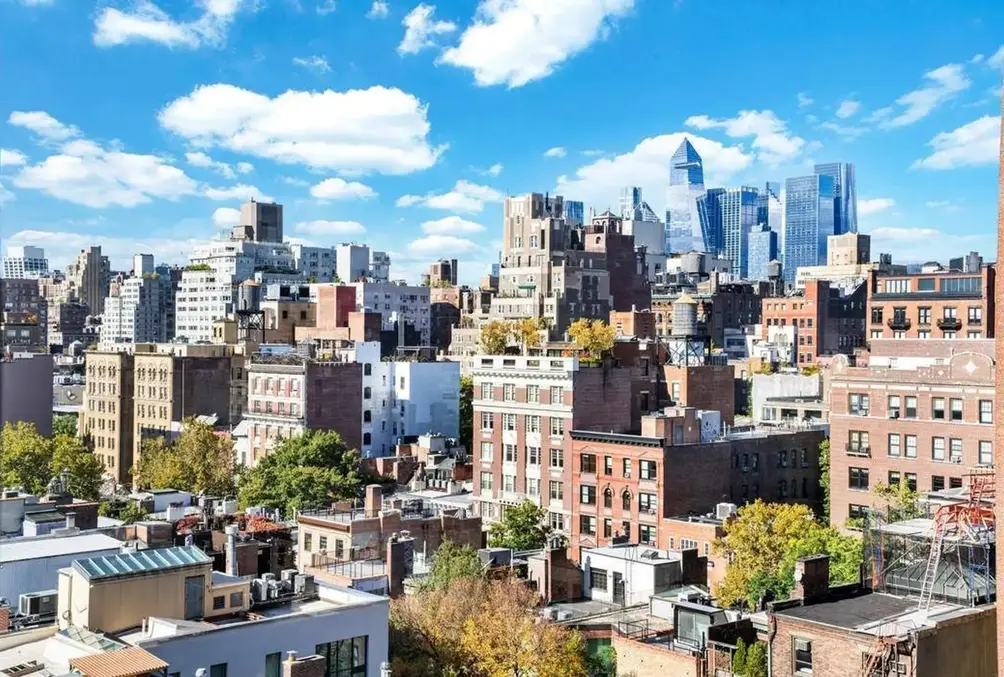 30 Fifth Avenue, #11G (Sotheby's)
30 Fifth Avenue, #11G (Sotheby's)
Any or all of these techniques will connect a buyer with an agent but the question is whether that agent will be the right person and how much time a buyer has to invest in the process?
CityRealty is a licensed brokerage functioning as a matchmaker between buyers and real estate agents, offers a personalized approach akin to the Tinder of house buying. The buyer outlines preferences, and CityRealty matches them with an ideal broker. The process involves a conversation with a CityRealty market expert to narrow down the search.
Read more about how CityRealty works →
Would you like to tour any of these properties?
Just complete the info below.
Or call us at (212) 755-5544
The tailor-made broker for your search.
Successful brokers, according to Sommer, should also facilitate connections with attorneys, assess a building's financial standing, and conduct due diligence by reviewing paperwork and questionnaires from management companies.Brill describes the many 'hats' brokers wear, “We welcome inquiries of any kind and are a wealth of knowledge when it comes to referring reputable contractors, movers, plumbers, and even housekeepers!”
Good broker don'ts:
James warns there are two ways to know if an agent is a bad fit for a buyer. “The first factor involves the initial conversation. If an agent spends too much time talking and not listening to the buyer and asking questions that are really important to the transaction, buyers should ask themselves, ‘Am I going to lose money because they’re not listening to me?’”
The second warning sign is if an agent does not show the buyer what they are asking for. For example, “If a buyer says I want to spend 500k for a Soho one bedroom with a little extra and the agent starts offering 2 bedrooms for $750,000 to $1,200,000 with nothing that buyer is looking for, that’s a big red flag.”
The second warning sign is if an agent does not show the buyer what they are asking for. For example, “If a buyer says I want to spend 500k for a Soho one bedroom with a little extra and the agent starts offering 2 bedrooms for $750,000 to $1,200,000 with nothing that buyer is looking for, that’s a big red flag.”
In the end, Brill confirms the necessity of finding the right broker, someone you can trust. She firmly believes there is no substitute for a broker’s intuition. “Sometimes what you think you want isn’t necessarily exactly what you want. It can take an neutral outsider to make a suggestion before you even entertain a new idea.”
Brill explains how she had a buyer who was sure she wanted to live on the Upper East Side, “because that was what she was used to.” After many discussions and getting to know the buyer, Brill and her colleague suggested the buyer explore TriBeCa. “We knew the super in that building and also knew that she would introduce our client around to both people and the neighborhood. Our client went for it, she loved it, and met someone (who she eventually left the city with to settle down…again). In this case, our client was thrilled.”
In the words of one of Brill’s clients, “Reputations are earned by commitment to service.” Finding the right broker can be rewarding in many ways.
Brill explains how she had a buyer who was sure she wanted to live on the Upper East Side, “because that was what she was used to.” After many discussions and getting to know the buyer, Brill and her colleague suggested the buyer explore TriBeCa. “We knew the super in that building and also knew that she would introduce our client around to both people and the neighborhood. Our client went for it, she loved it, and met someone (who she eventually left the city with to settle down…again). In this case, our client was thrilled.”
In the words of one of Brill’s clients, “Reputations are earned by commitment to service.” Finding the right broker can be rewarding in many ways.
Notable New Listings with Open Houses
60 East 13th Street, #2E
$3,995,000
Greenwich Village | Condominium | 3 Bedrooms, 2.5 Baths | 2,575 ft2Open House: The afternoon of Saturdayy, October 26
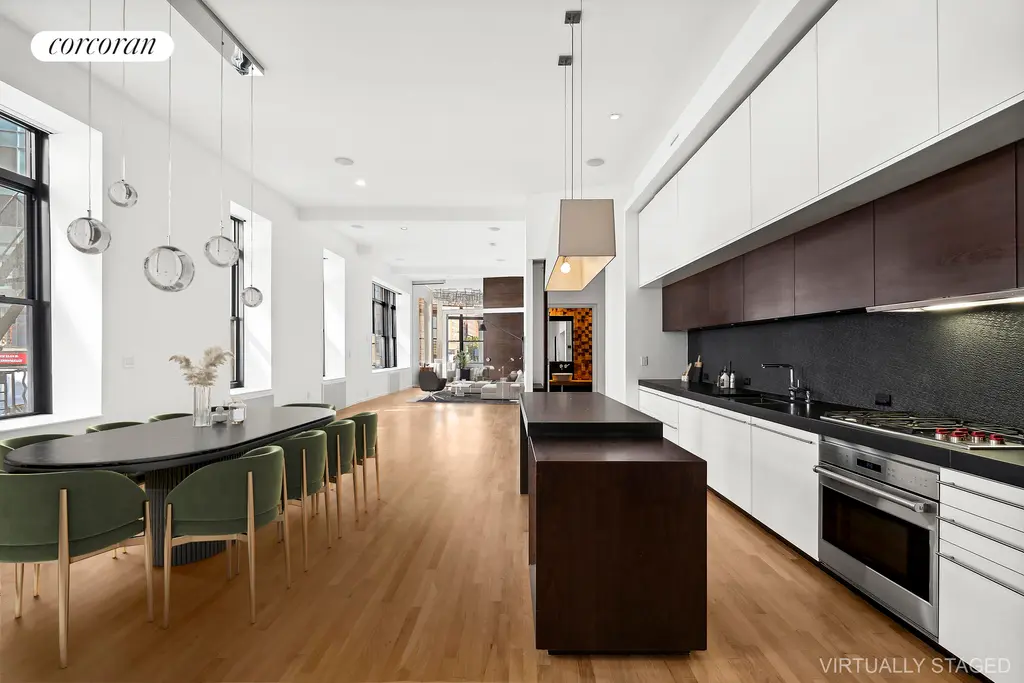
60 East 13th Street, #2E (Corcoran Group)

Sheffield 57, #35U1
$3,200,000
Midtown West | Condominium | 3 Bedrooms, 2 Baths | 1,599 ft2Open House: The afternoon of Sunday, October 27
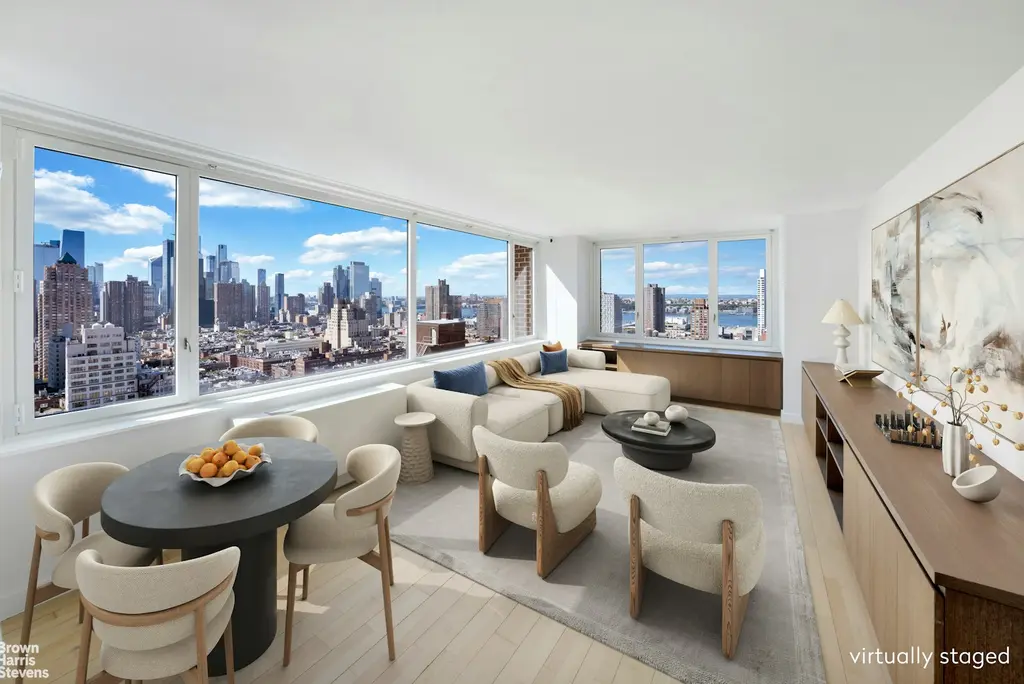
Sheffield 57, #35U1 (Brown Harris Stevens Residential Sales LLC)
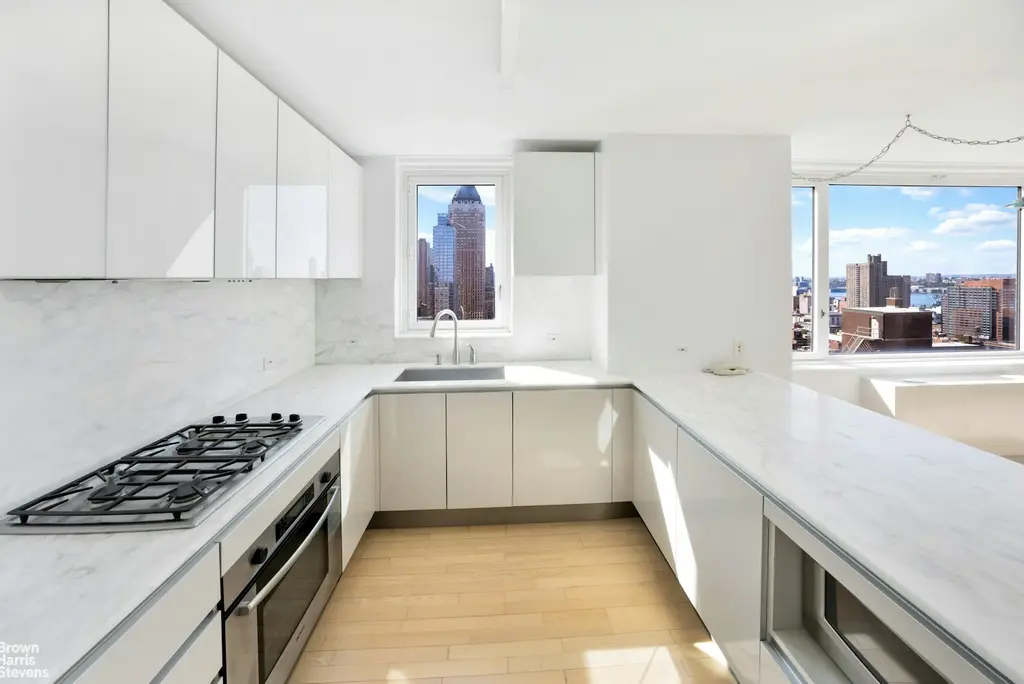
Place 57, #25B
$2,595,000
Midtown East | Condominium | 2 Bedrooms, 2.5 Baths | 1,628 ft2Open House: The afternoon of Sunday, October 27
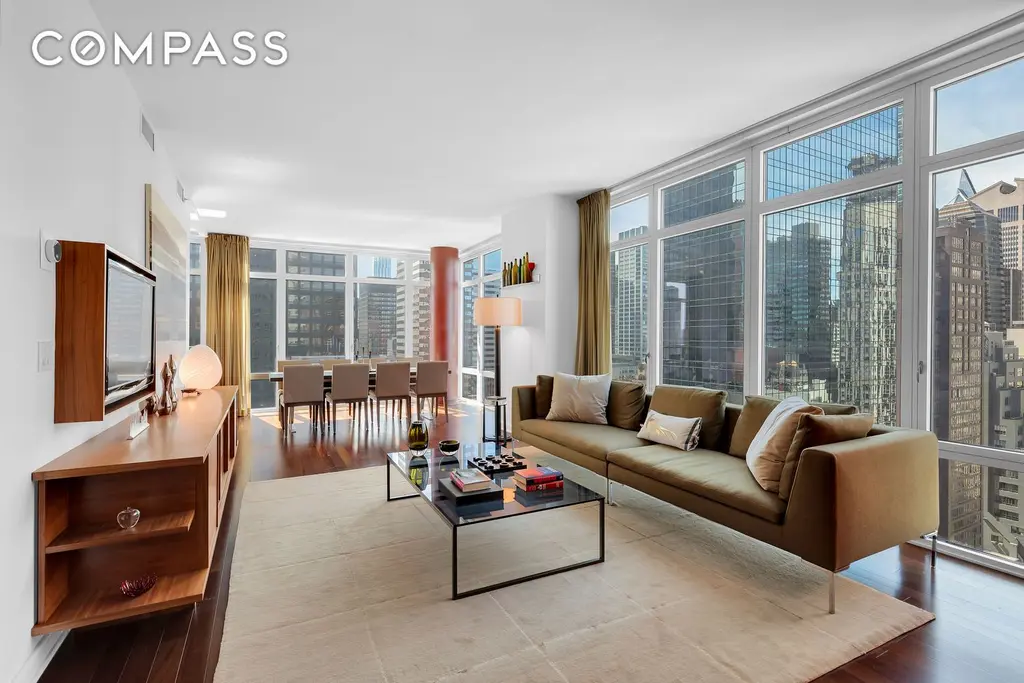
Place 57, #25B (Compass)
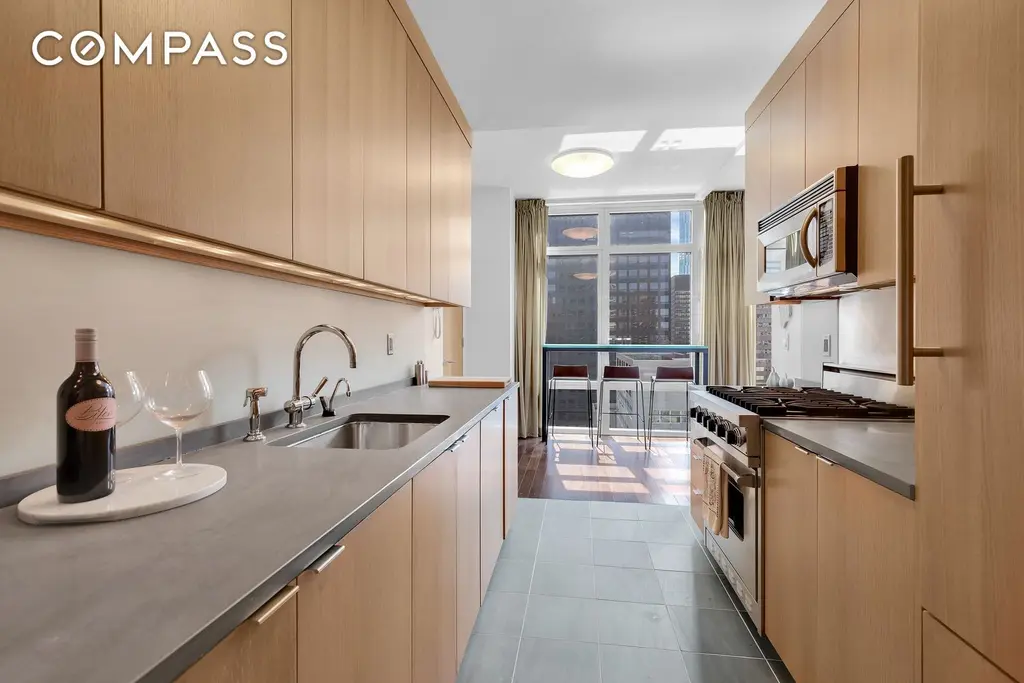
The Heritage, #19C
$2,950,000
Riverside Dr./West End Ave. | Condominium | 2 Bedrooms, 2 Baths | 1,557 ft2Open House: The afternoon of Sunday, October 27
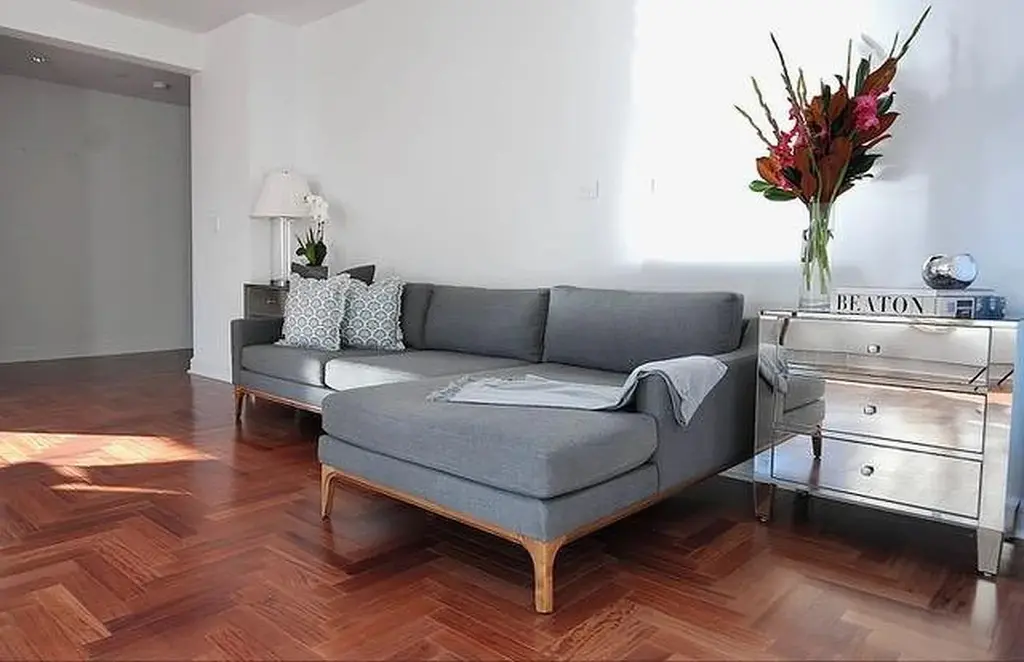
The Heritage, #19C (CHEKERS REALTY CORP)
48 Laight Street, #4N
$2,498,000
Tribeca | Condominium | 2 Bedrooms, 2 Baths | 1,309 ft2Open House: The afternoon of Wednesday, October 30
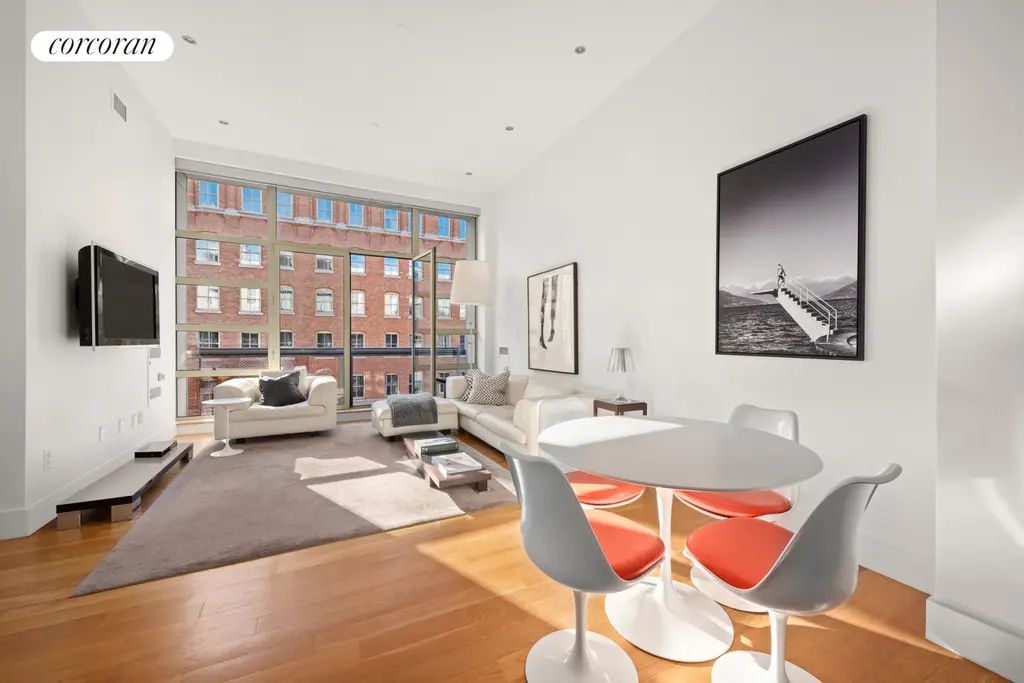
48 Laight Street, #4N (Corcoran Group)
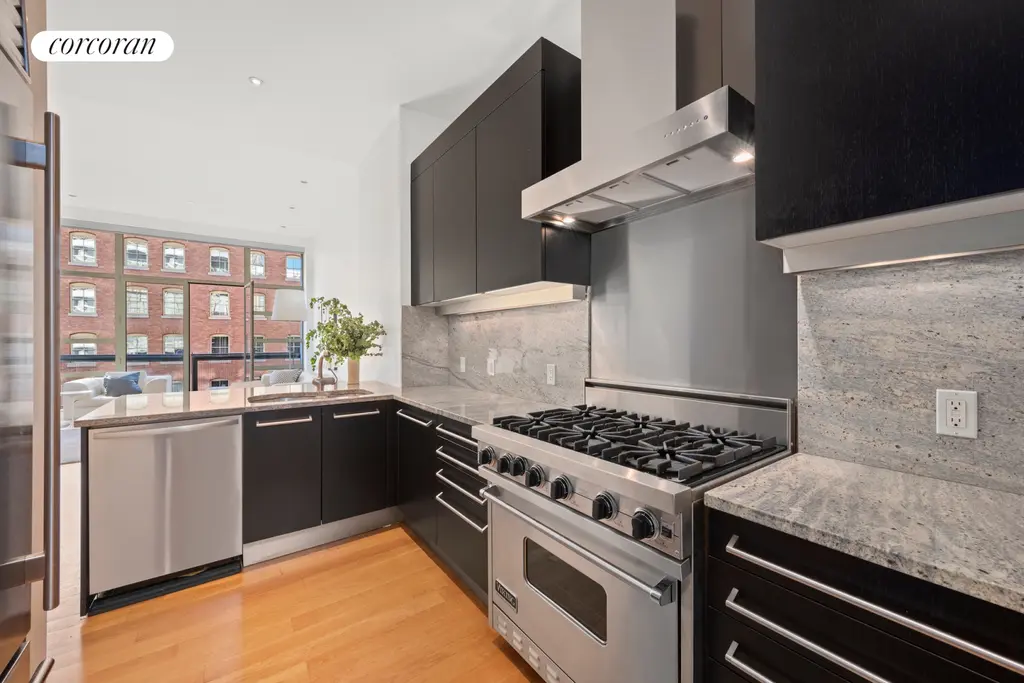
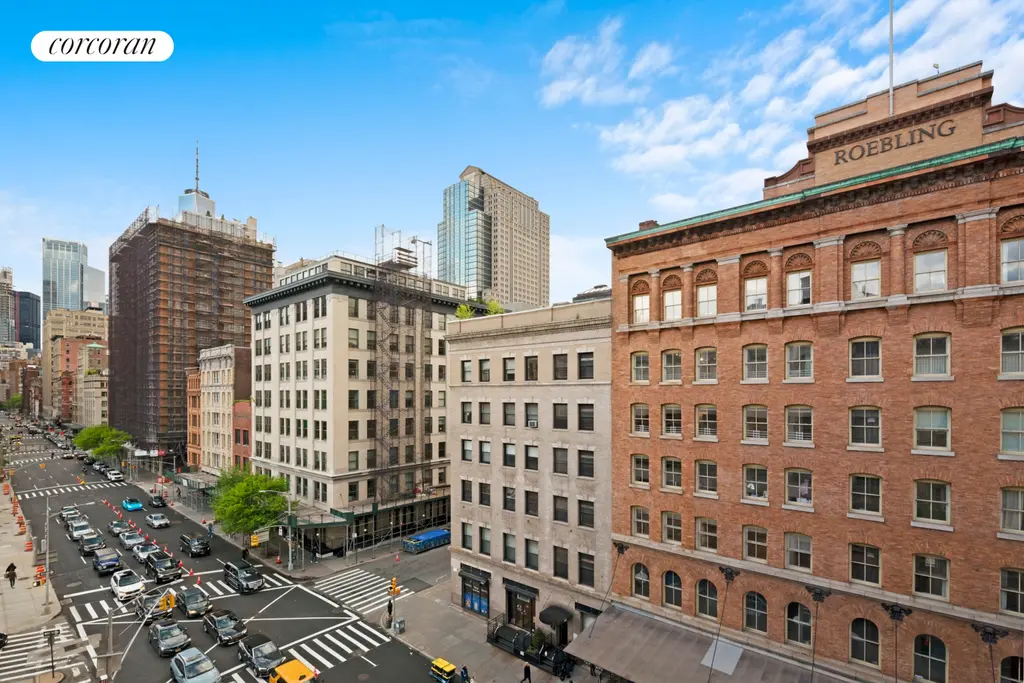
The Fairfax, #42
$2,095,000
Carnegie Hill | Cooperative | 3 Bedrooms, 3 BathsOpen House: The afternoon of Sunday, October 27
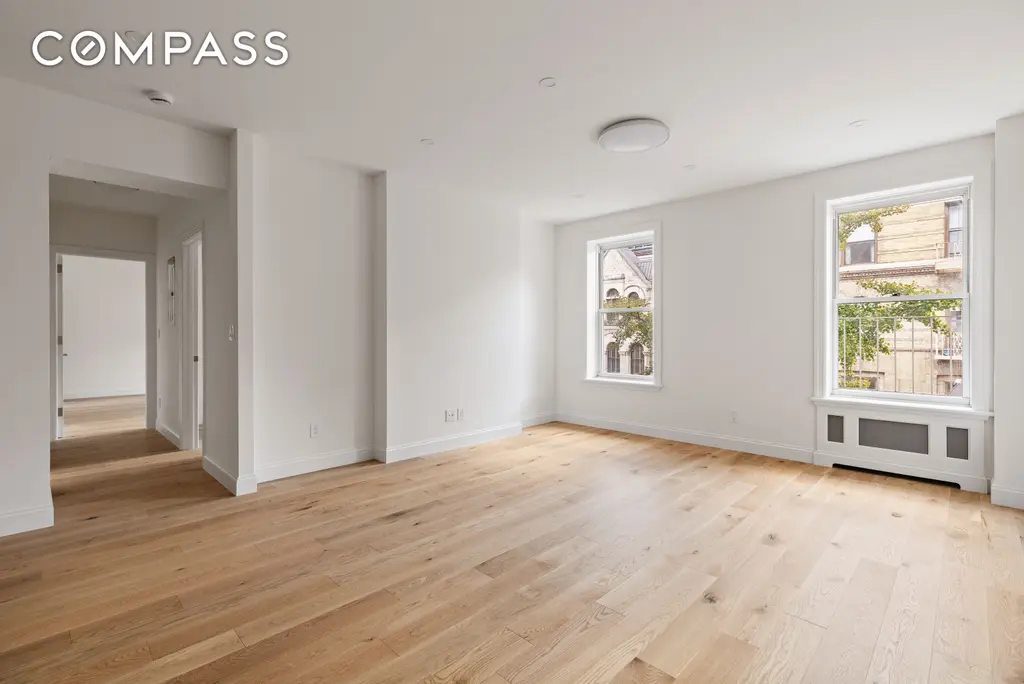
The Fairfax, #42 (Compass)

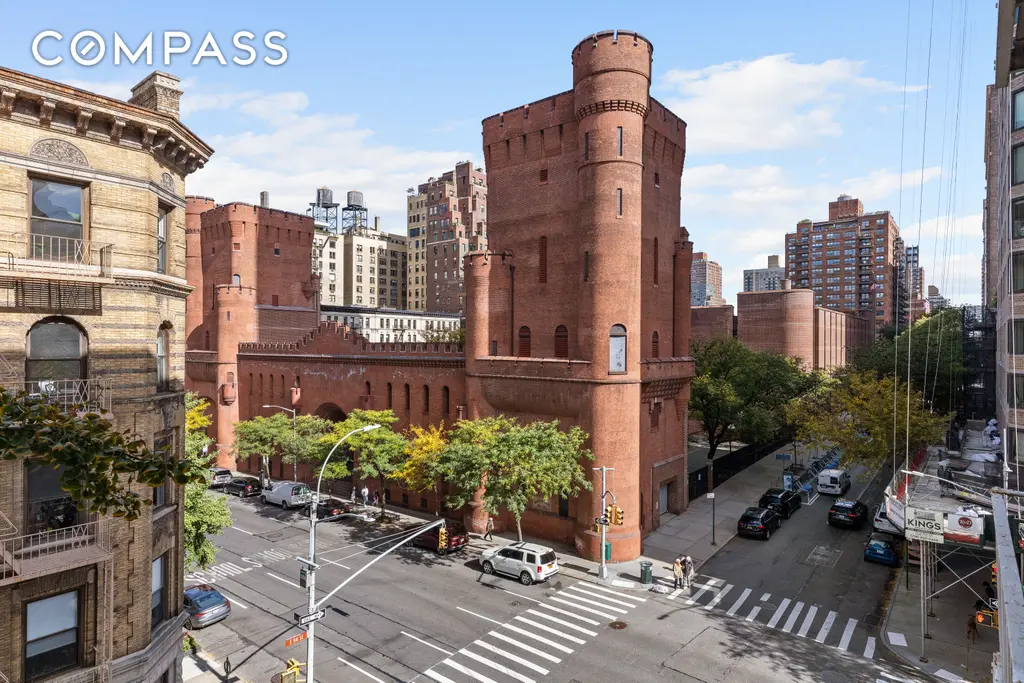
325 Fifth Avenue, #30C
$1,995,000
Murray Hill | Condominium | 2 Bedrooms, 2 Baths | 1,150 ft2Open House: The afternoon of Sunday, October 27
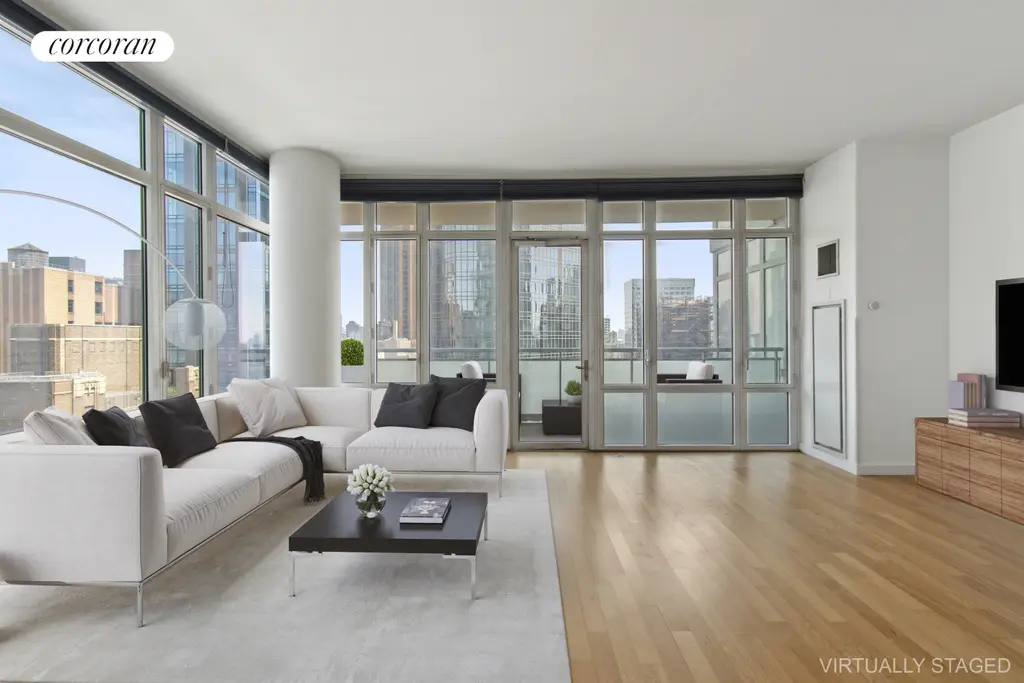
325 Fifth Avenue, #30C (Corcoran Group)
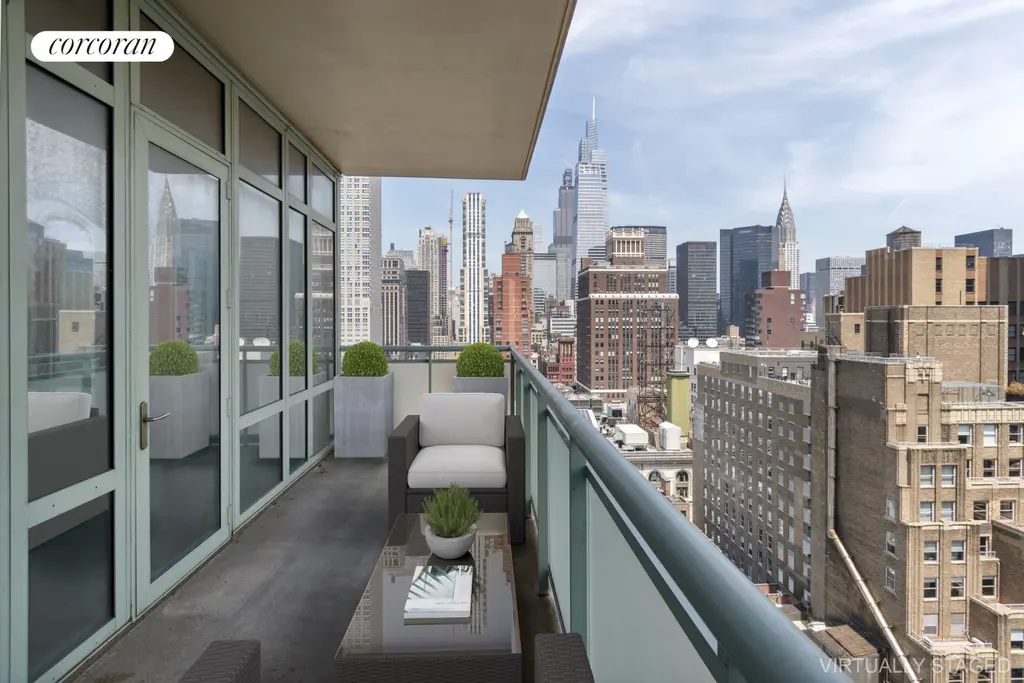
Loft 25, #2G
$1,995,000
Chelsea | Condominium | 2 Bedrooms, 2 Baths | 1,578 ft2Open House: The afternoon of Thursday, October 31
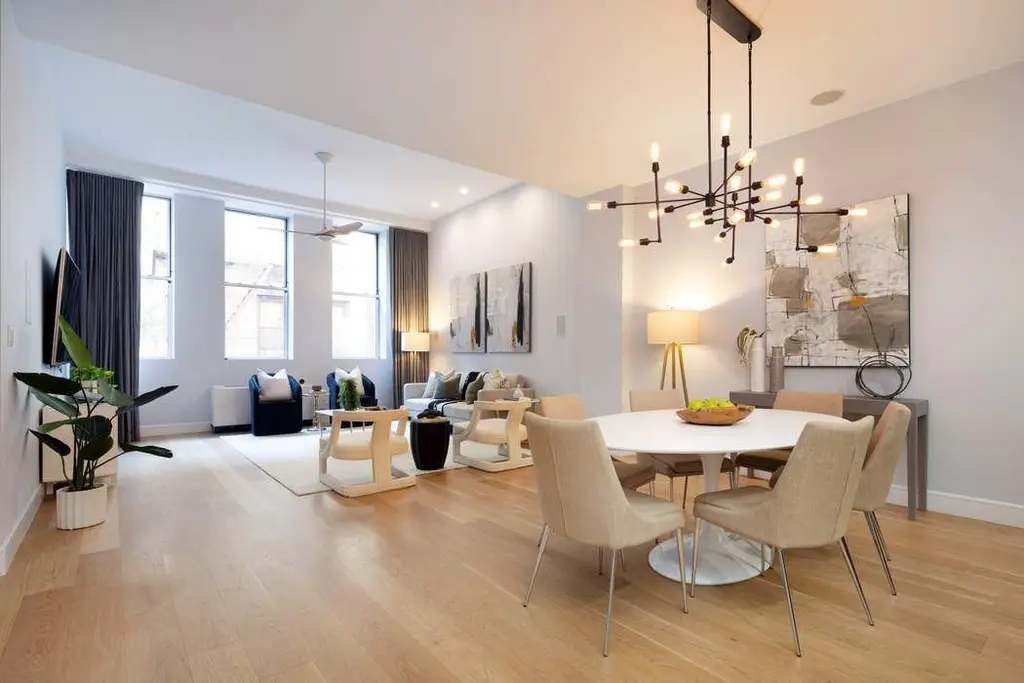
Loft 25, #2G (Sothebys International Realty)
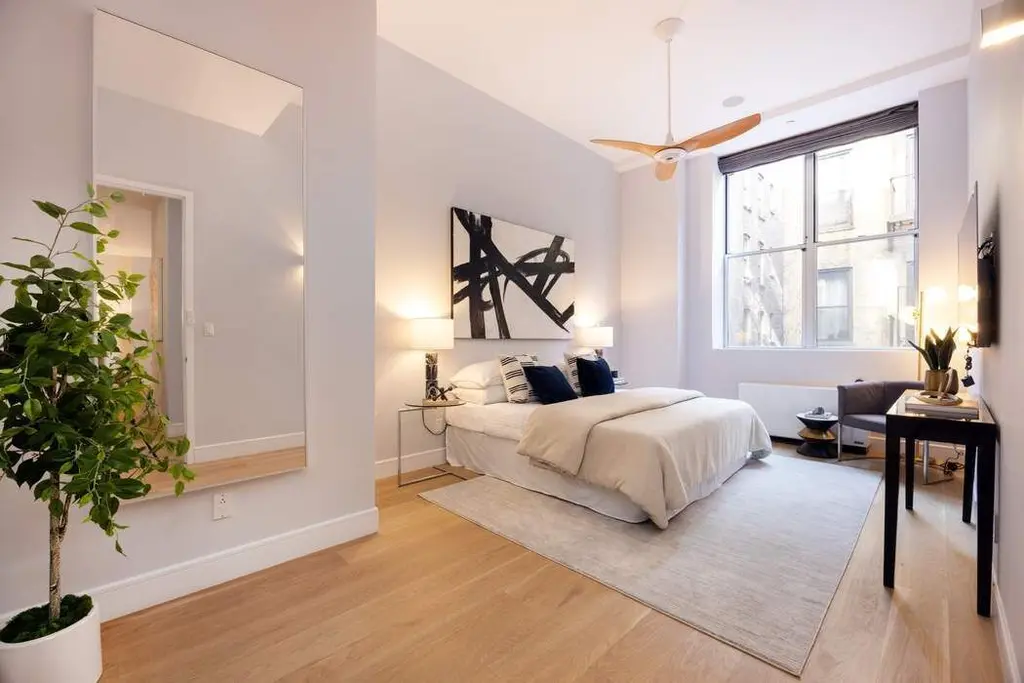
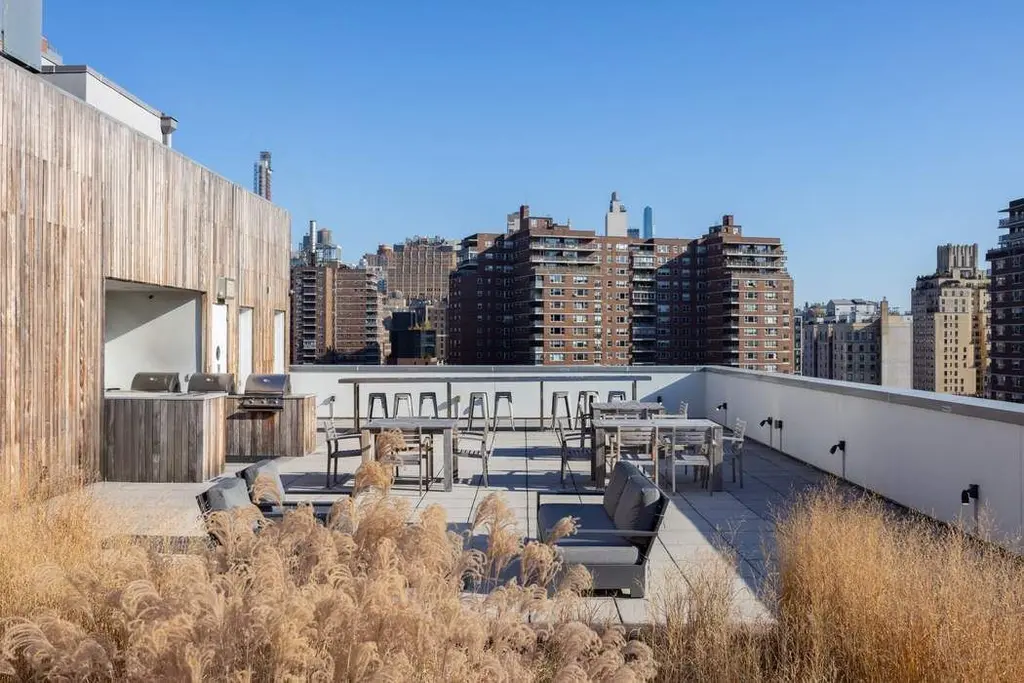
Lincoln Plaza Towers, #15B
$1,995,000
Lincoln Center | Cooperative | 2 Bedrooms, 2.5 Baths | 1,400 ft2Open House: The afternoon of Sunday, October 27
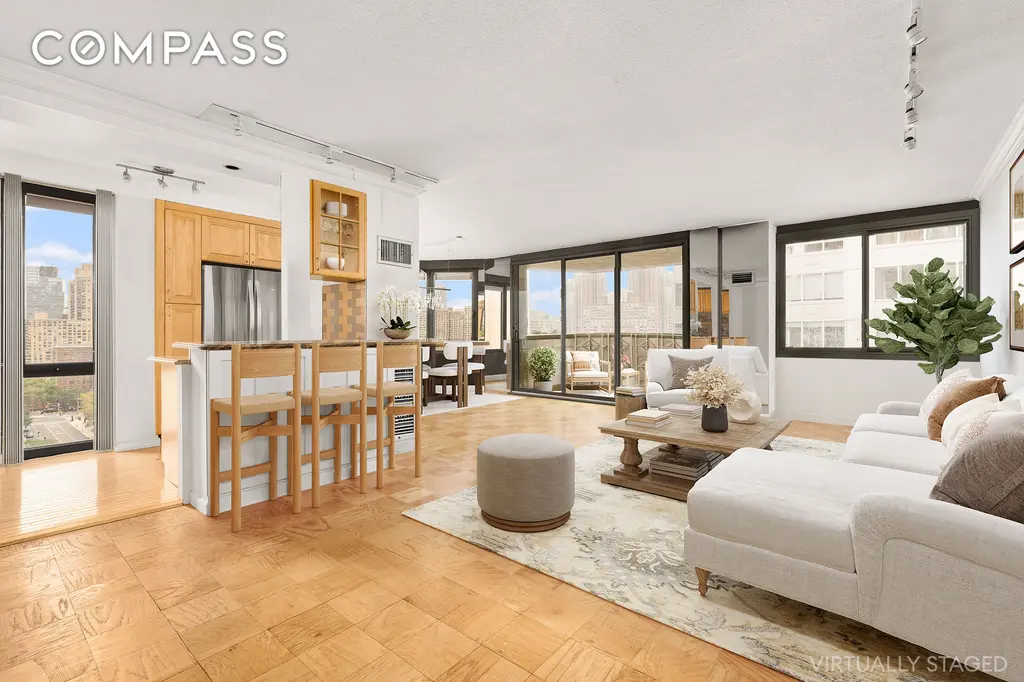
Lincoln Plaza Towers, #15B (Compass)
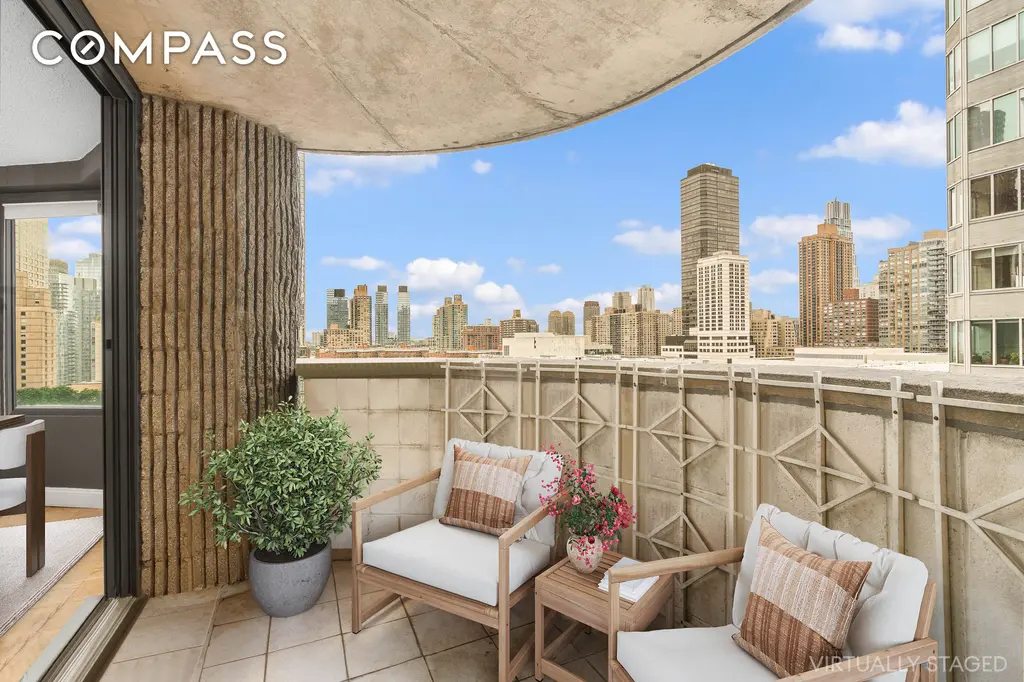
91 Central Park West, #8E
$1,895,000
Central Park West | Cooperative | 2 Bedrooms, 2 BathsOpen House: The afternoon of Thursday, October 31
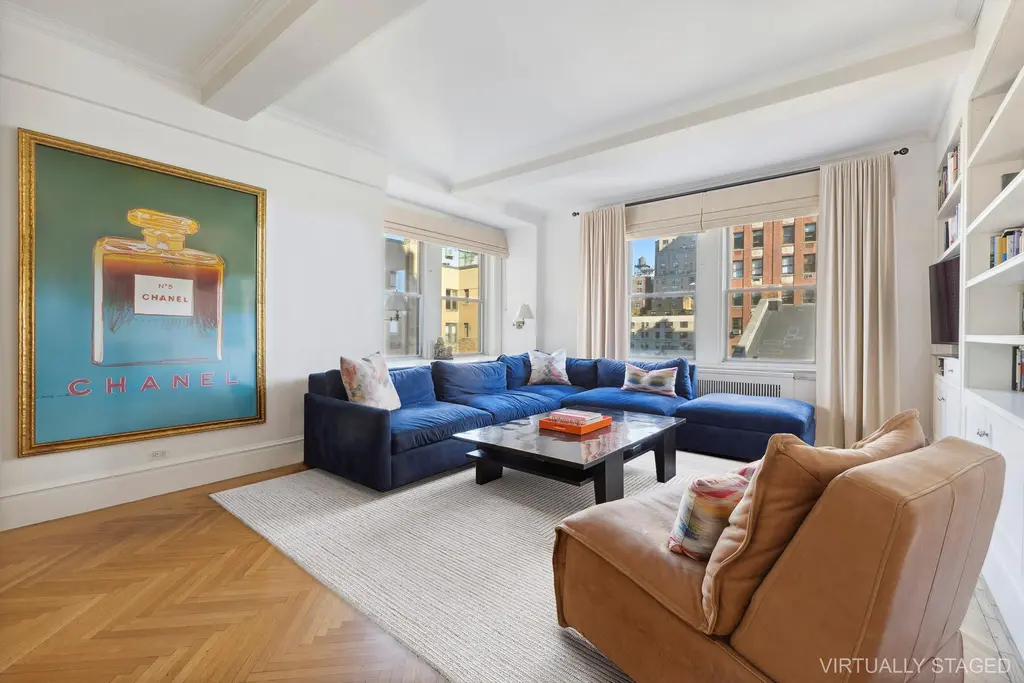
91 Central Park West, #8E (Douglas Elliman Real Estate)
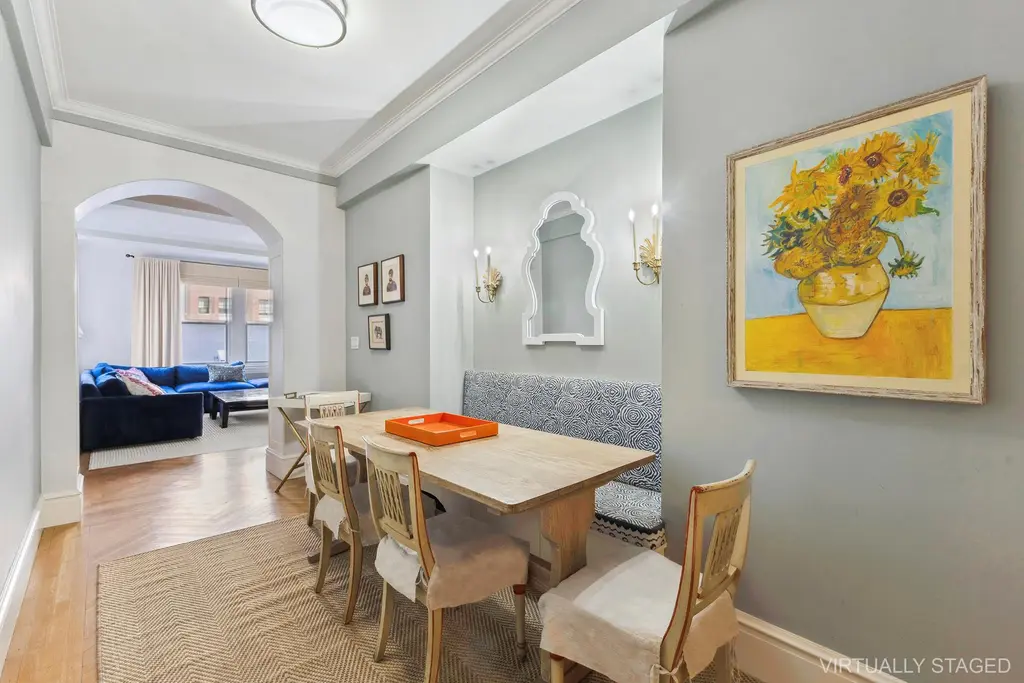
30 Fifth Avenue, #11G
$1,795,000
Greenwich Village | Cooperative | 1 Bedroom, 1 BathOpen House: The afternoon of Sunday, October 27
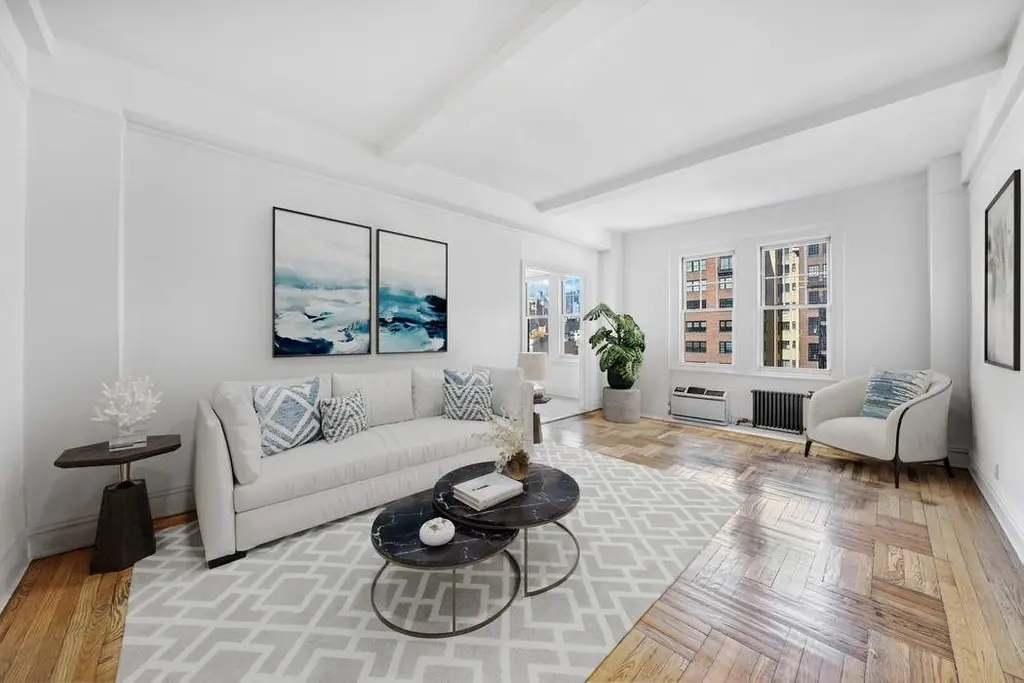
30 Fifth Avenue, #11G (Sothebys International Realty)
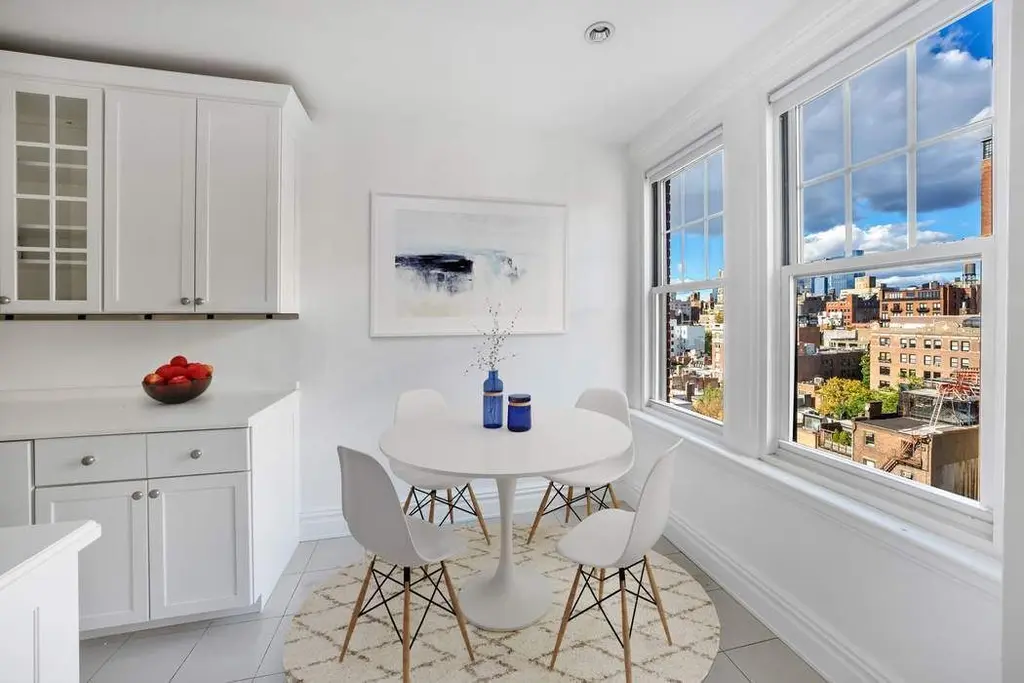
684 Washington Street, #4B
$1,749,000
West Village | Cooperative | 4 Bedrooms, 1.5 BathsOpen House: The afternoon of Sunday, October 27

684 Washington Street, #4B (Corcoran Group)
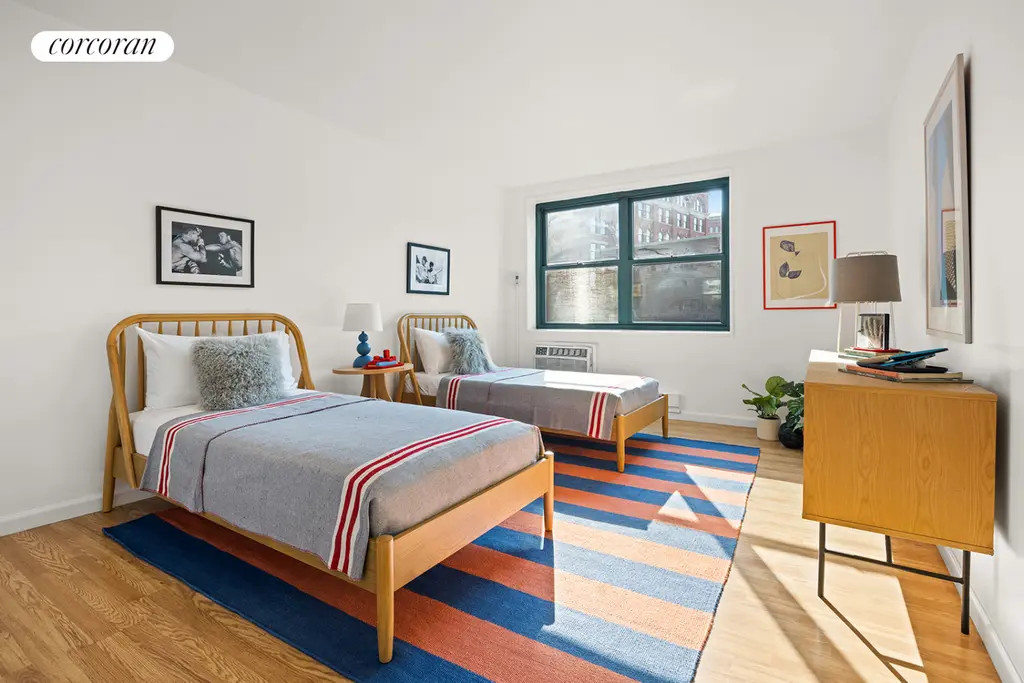
300 West, #12B
$1,680,000
Harlem | Condominium | 3 Bedrooms, 2 Baths | 1,316 ft2Open House: The afternoon of Sunday, October 27
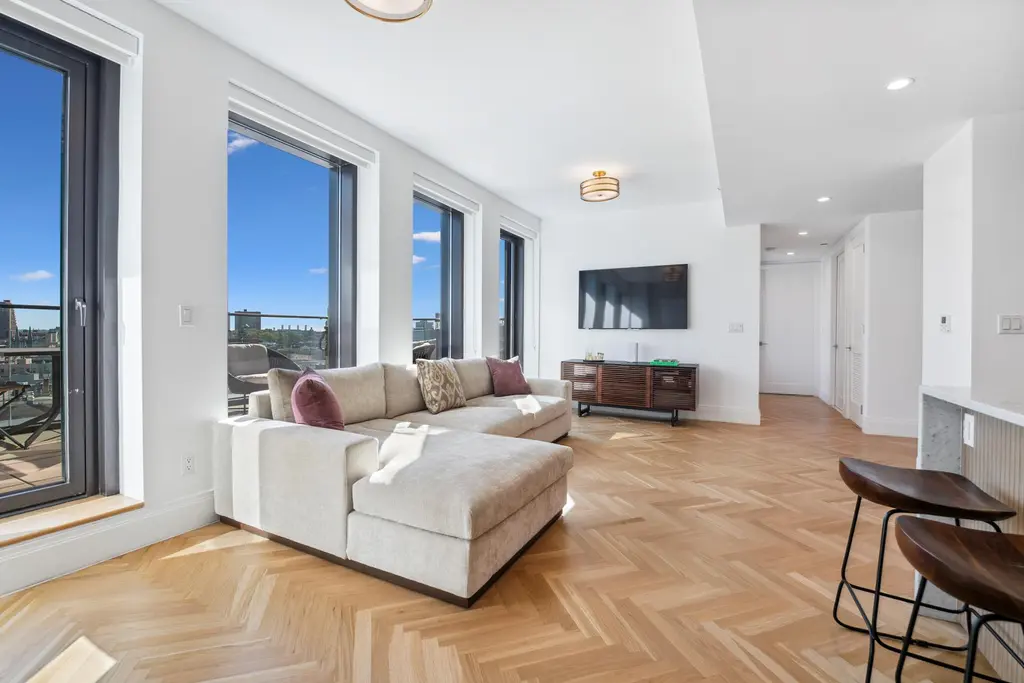
300 West, #12B (Douglas Elliman Real Estate)
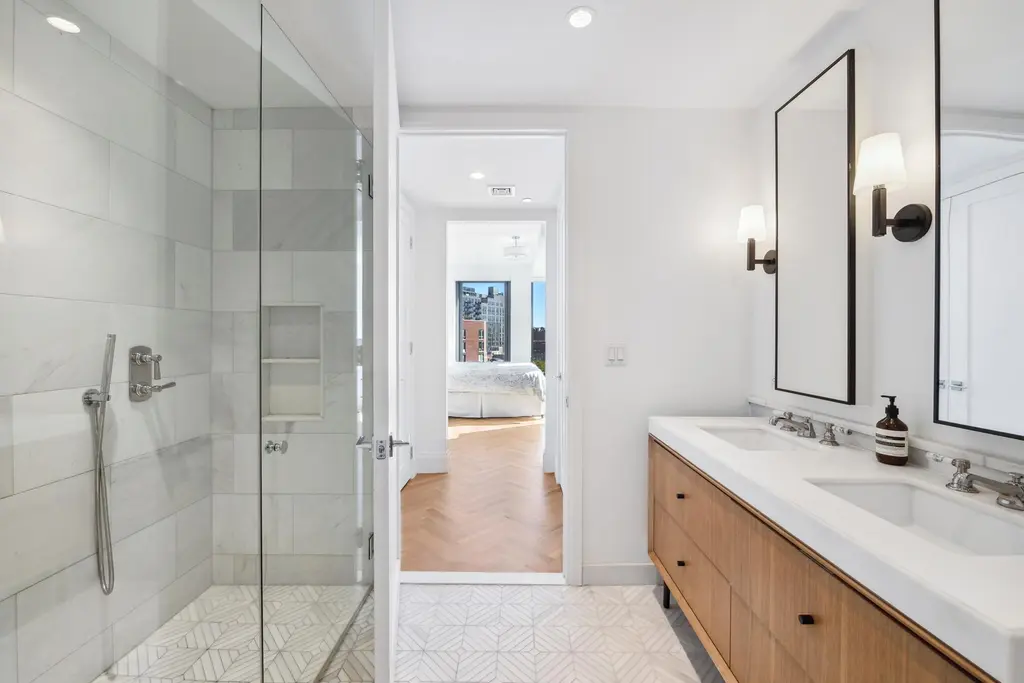
The Parc Vendome, #8D
$1,385,000
Midtown West | Condominium | 1 Bedroom, 1 Bath | 1,179 ft2Open House: The afternoon of Sunday, October 27
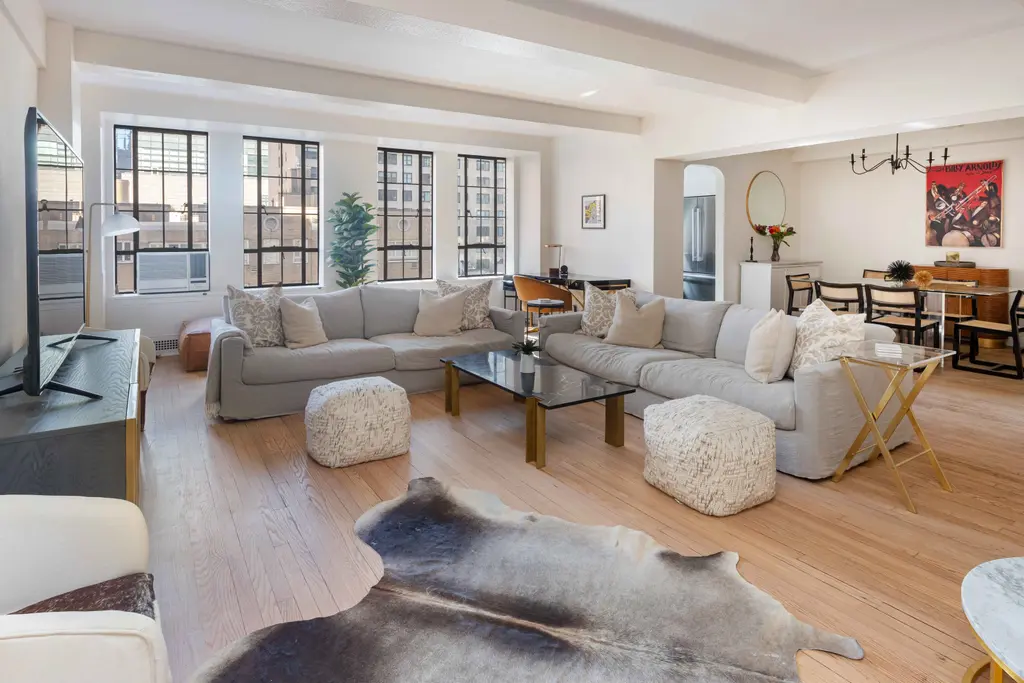
The Parc Vendome, #8D (Christies International Real Estate Group LLC)
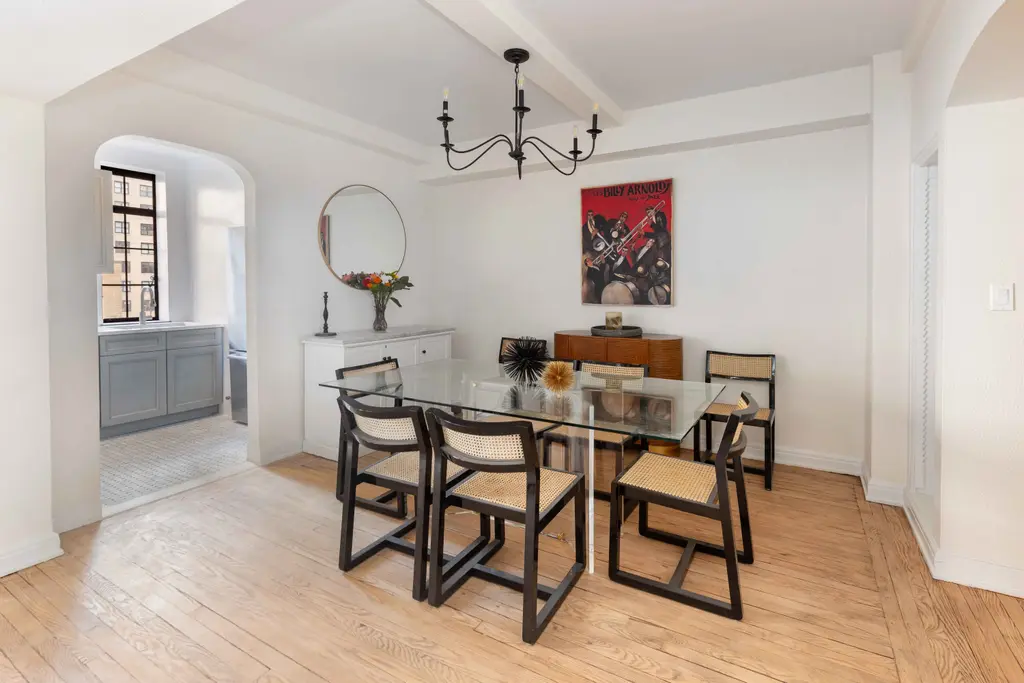
240 East 79th Street, #16A
$1,350,000
Lenox Hill | Cooperative | 2 Bedrooms, 2 BathsOpen House: The afternoon of Sunday, October 27
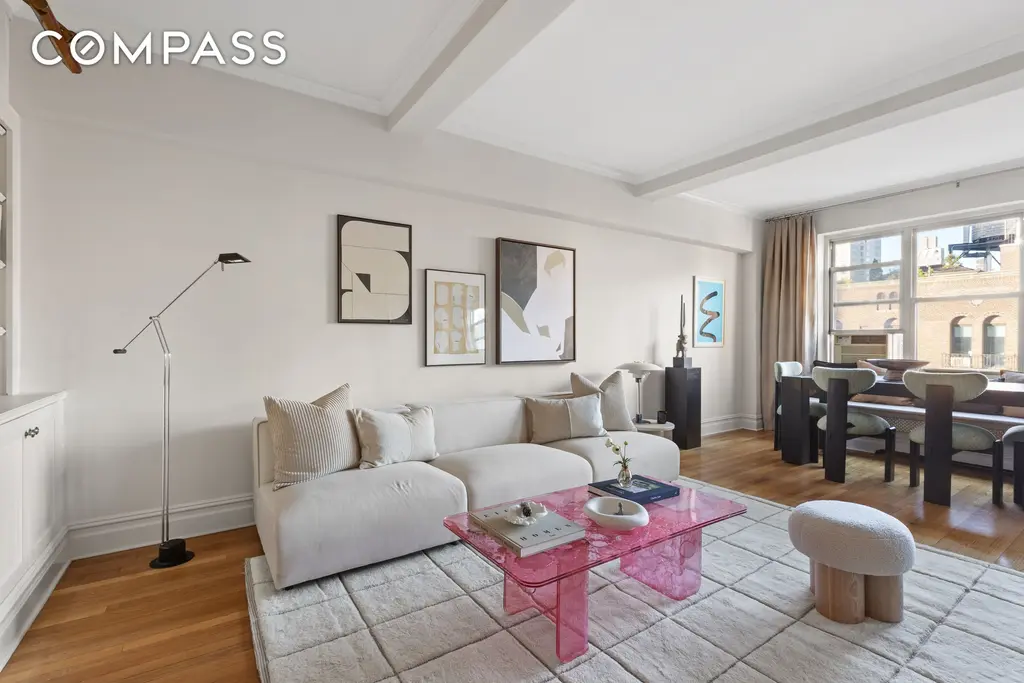
240 East 79th Street, #16A (Compass)
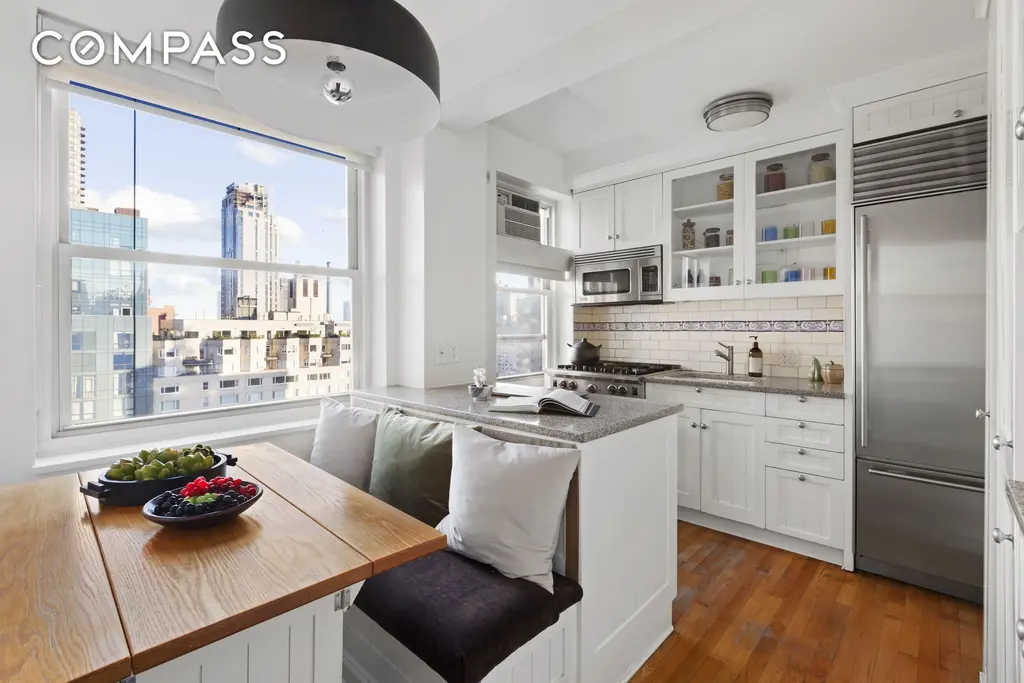
Presidential Towers, #16GH
$1,350,000
Riverside Dr./West End Ave. | Cooperative | 2 Bedrooms, 2 BathsOpen House: The afternoon of Sunday, October 27
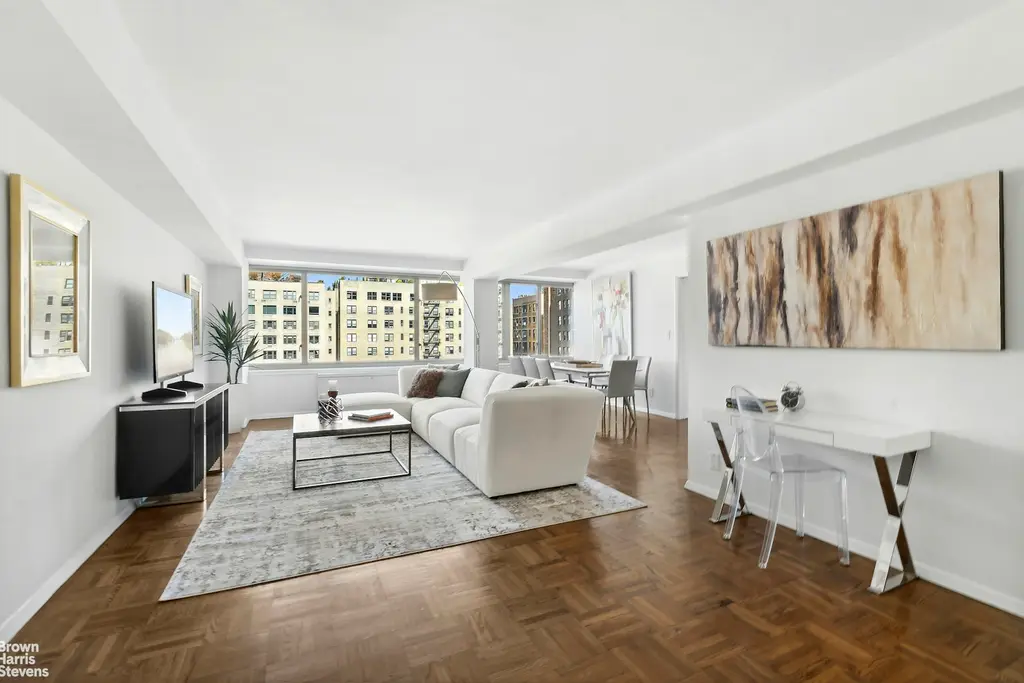
Presidential Towers, #16GH (Brown Harris Stevens Residential Sales LLC)
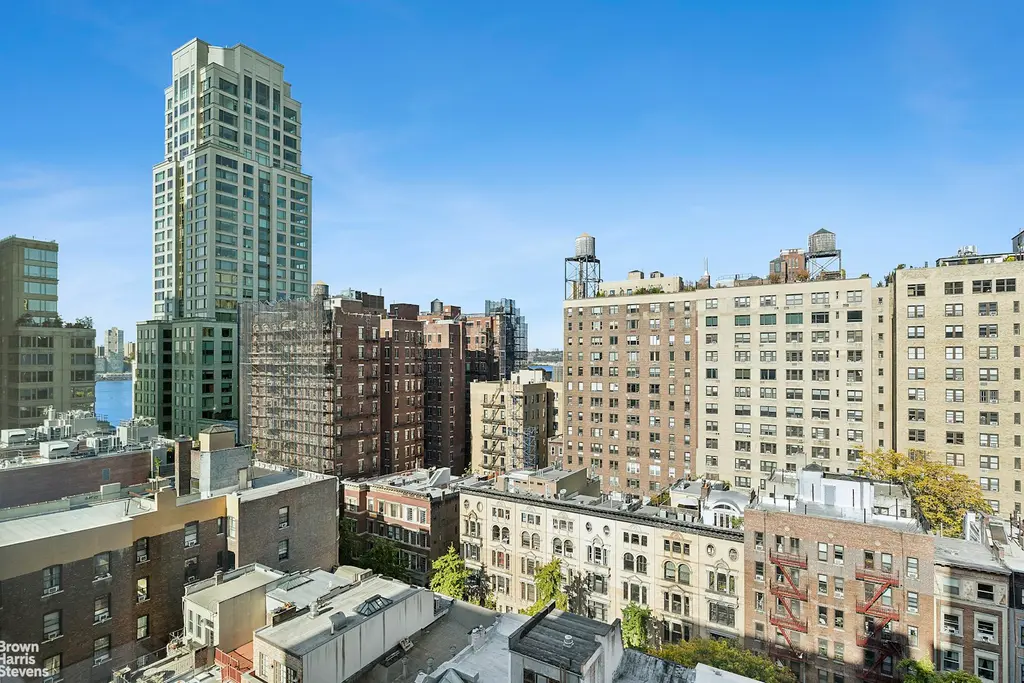
201 East 62nd Street, #9C
$1,250,000
Lenox Hill | Cooperative | 2 Bedrooms, 2.5 BathsOpen House: The afternoon of Sunday, October 27
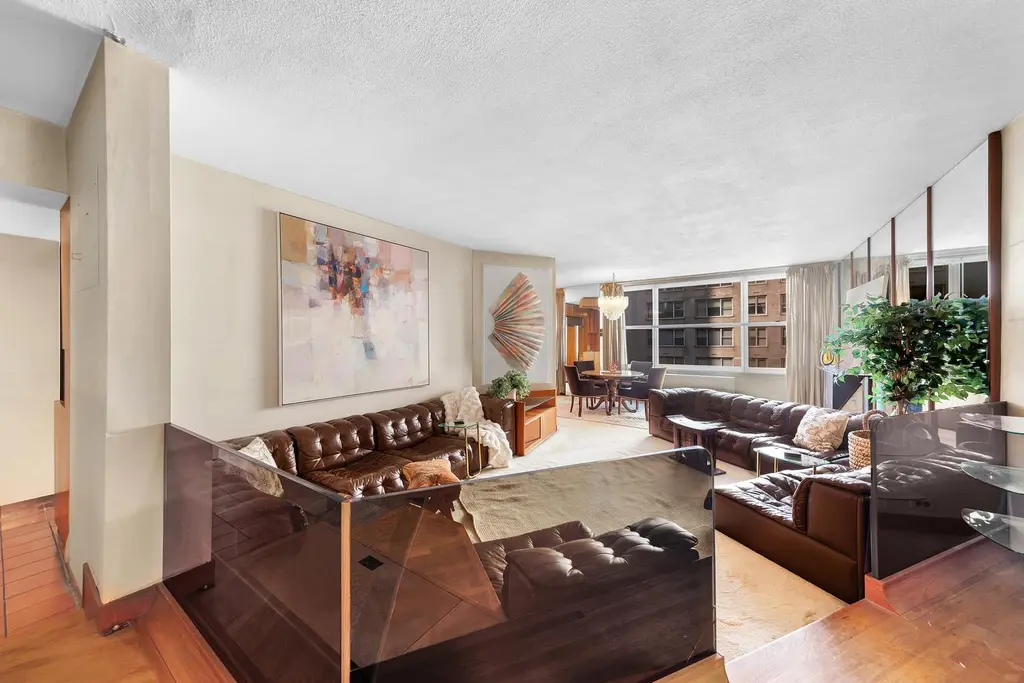
201 East 62nd Street, #9C (Douglas Elliman Real Estate)
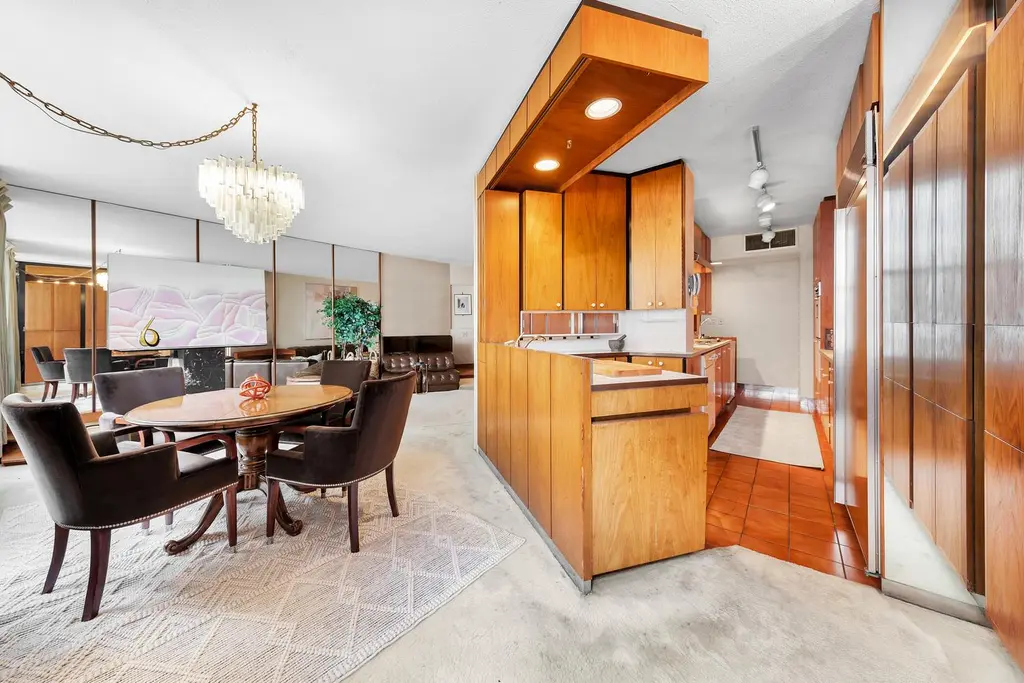
406 East 73rd Street, #2F
$899,000
Lenox Hill | Cooperative | 2 Bedrooms, 1 Bath | 1,000 ft2Open House: The afternoon of Sunday, October 27
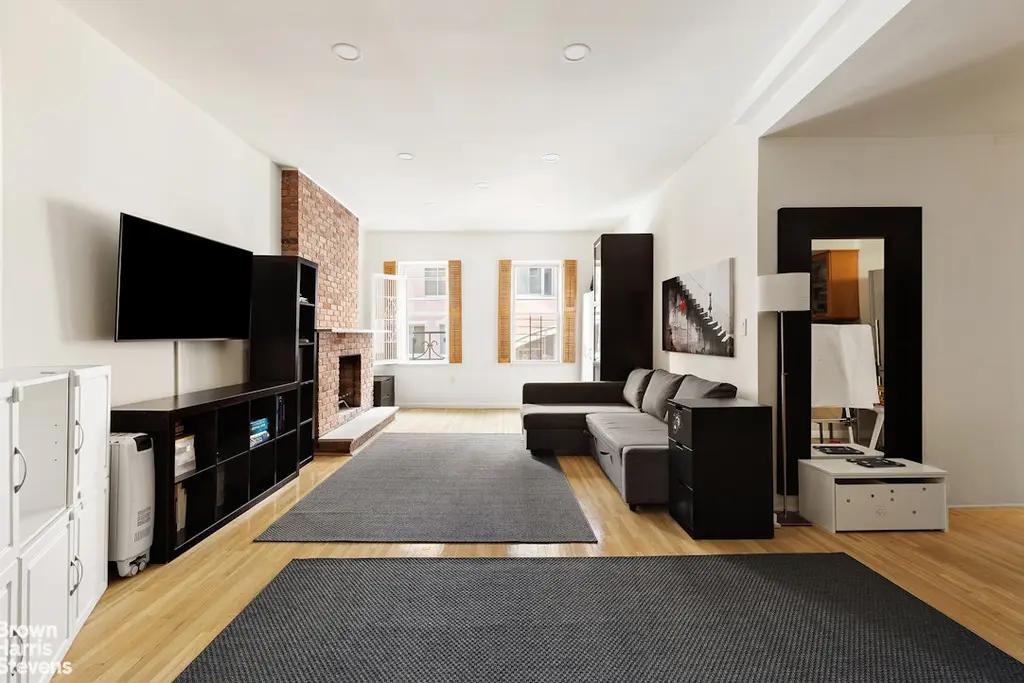
406 East 73rd Street, #2F (Brown Harris Stevens Residential Sales LLC)

Southbridge Towers, #9K
$895,000
Financial District | Cooperative | 2 Bedrooms, 1 BathOpen House: The afternoon of Sunday, October 27
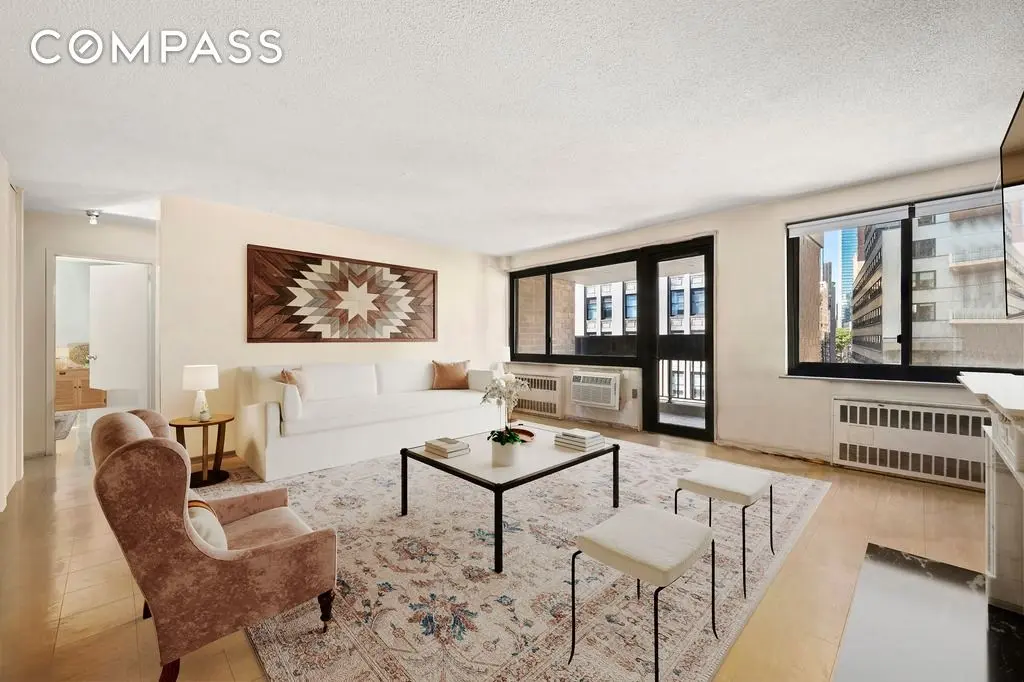
Southbridge Towers, #9K (Compass)
The Coronet, #8A
$845,000
Midtown West | Condominium | 1 Bedroom, 1 Bath | 790 ft2Open House: The afternoon of Sunday, October 27
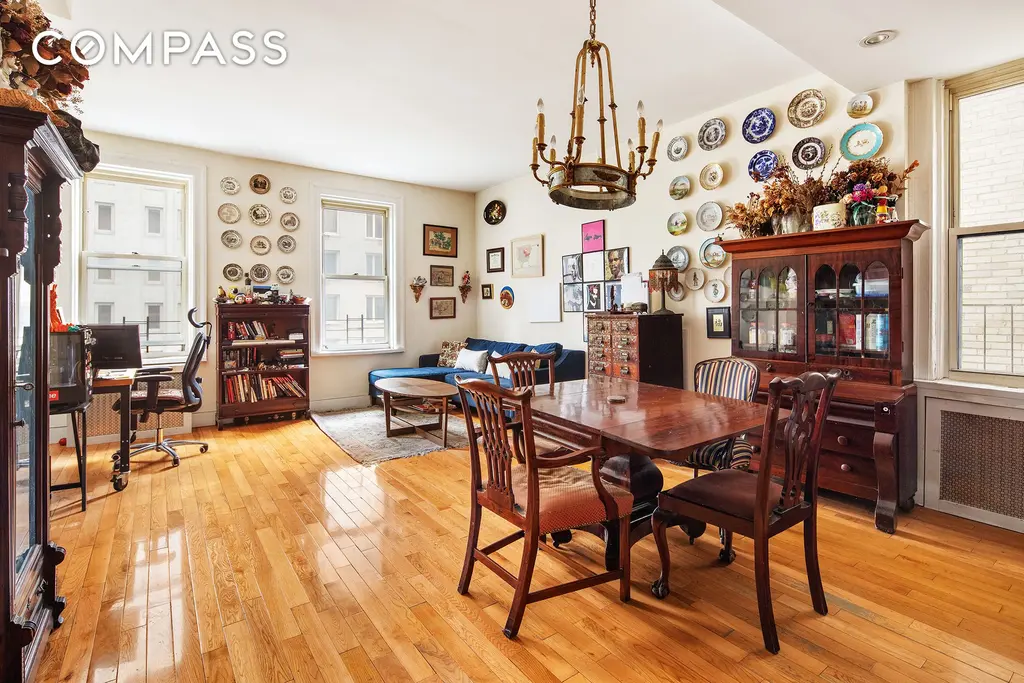
The Coronet, #8A (Compass)
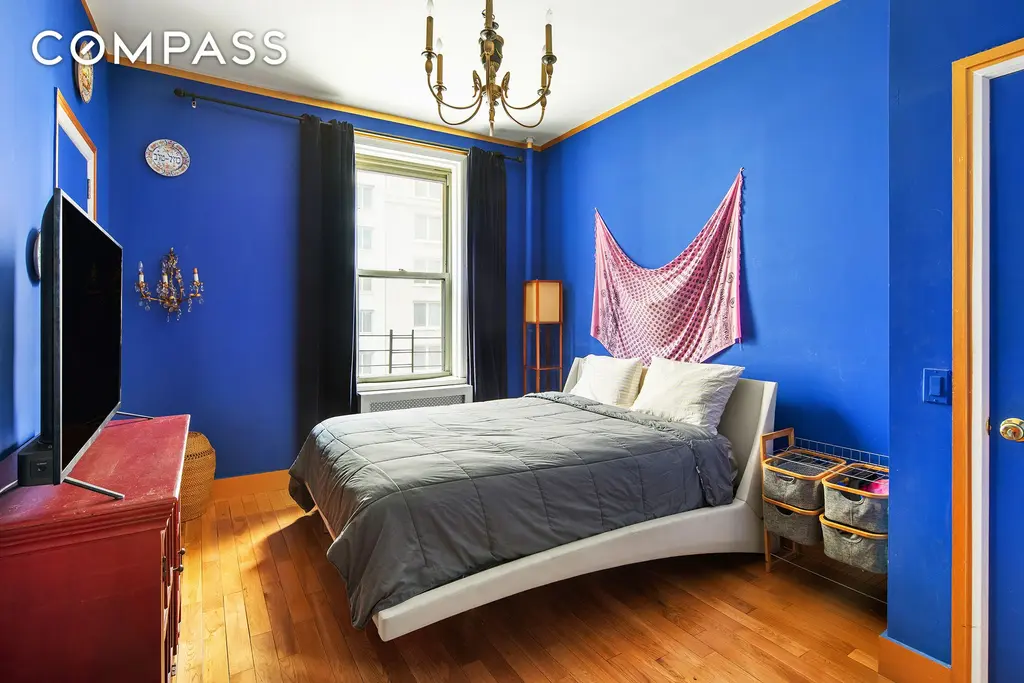
254 West 25th Street, #5D
$749,000
Chelsea | Cooperative | 2 Bedrooms, 1 BathOpen House: The afternoon of Saturday, October 26
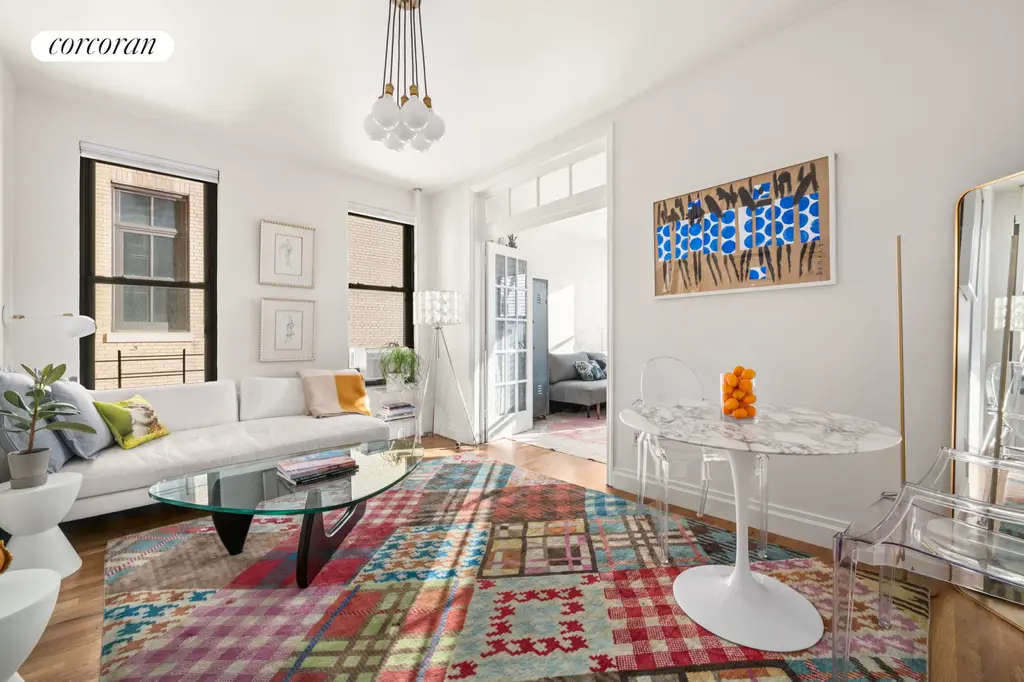
254 West 25th Street, #5D (Corcoran Group)
The Pembroke, #4D
$725,000
Midtown West | Cooperative | 1 Bedroom, 1 BathOpen House: The afternoon of Sunday, October 27
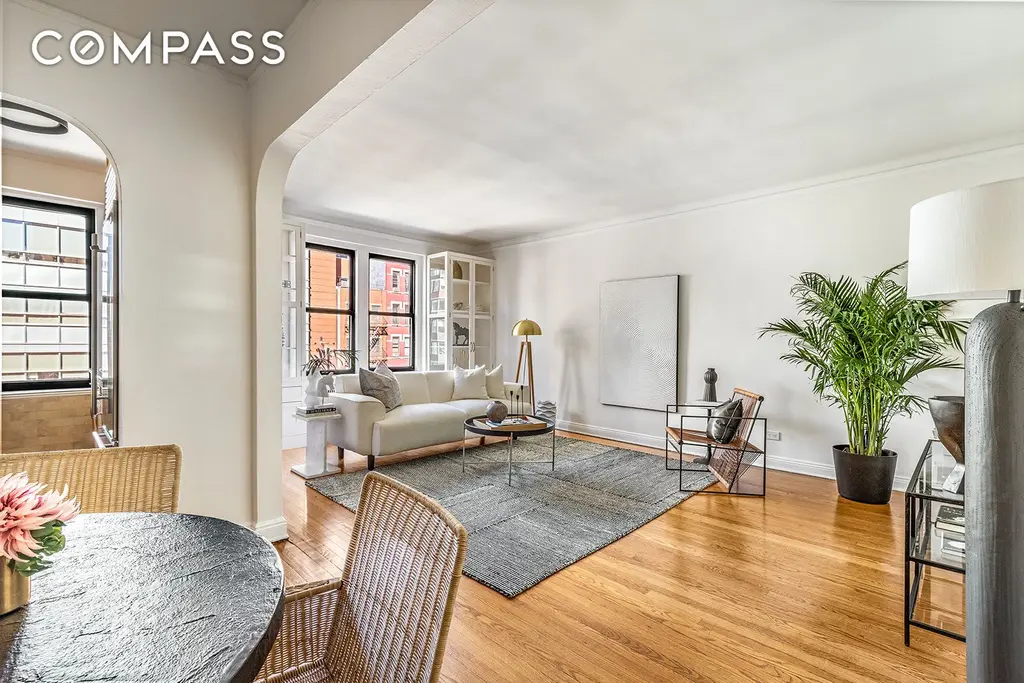
The Pembroke, #4D (Compass)
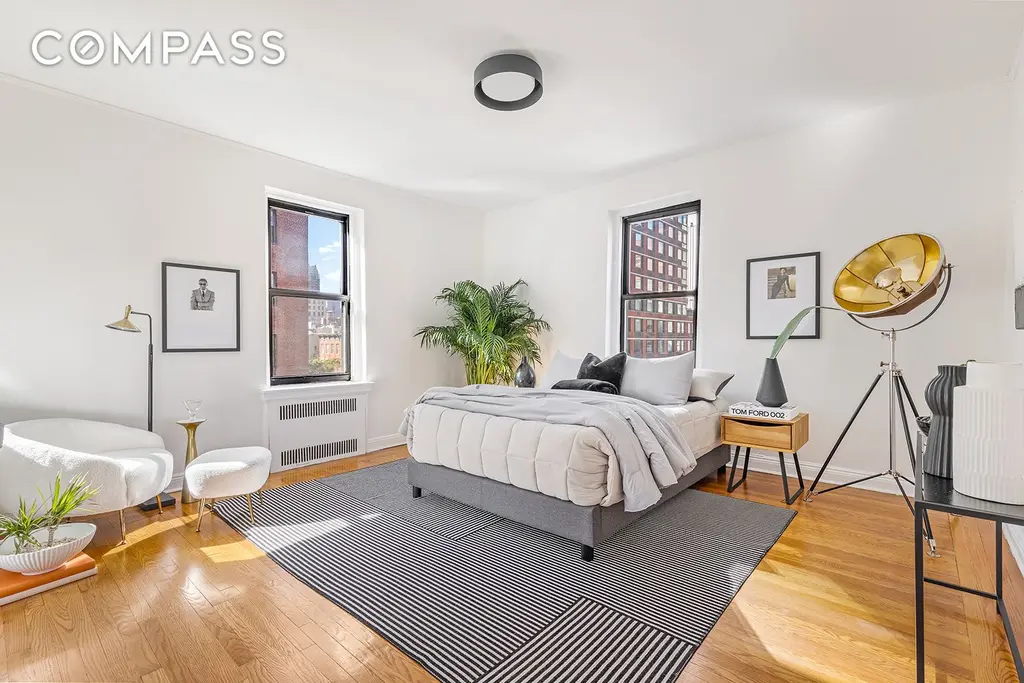
The Larrimore, #2A
$669,000
Lenox Hill | Cooperative | 2 Bedrooms, 1 Bath | 900 ft2Open House: The afternoon of Sunday, October 27

The Larrimore, #2A (Brown Harris Stevens Residential Sales LLC)
159 Madison Avenue, #7K
$600,000
Murray Hill | Cooperative | 1 Bedroom, 1 Bath | 750 ft2Open House: The afternoon of Sunday, October 27

159 Madison Avenue, #7K (Corcoran Group)
200 West 108th Street, #11E
$599,500
Broadway Corridor | Cooperative | Studio, 1 Bath | 550 ft2Open House: The afternoon of Sunday, October 27
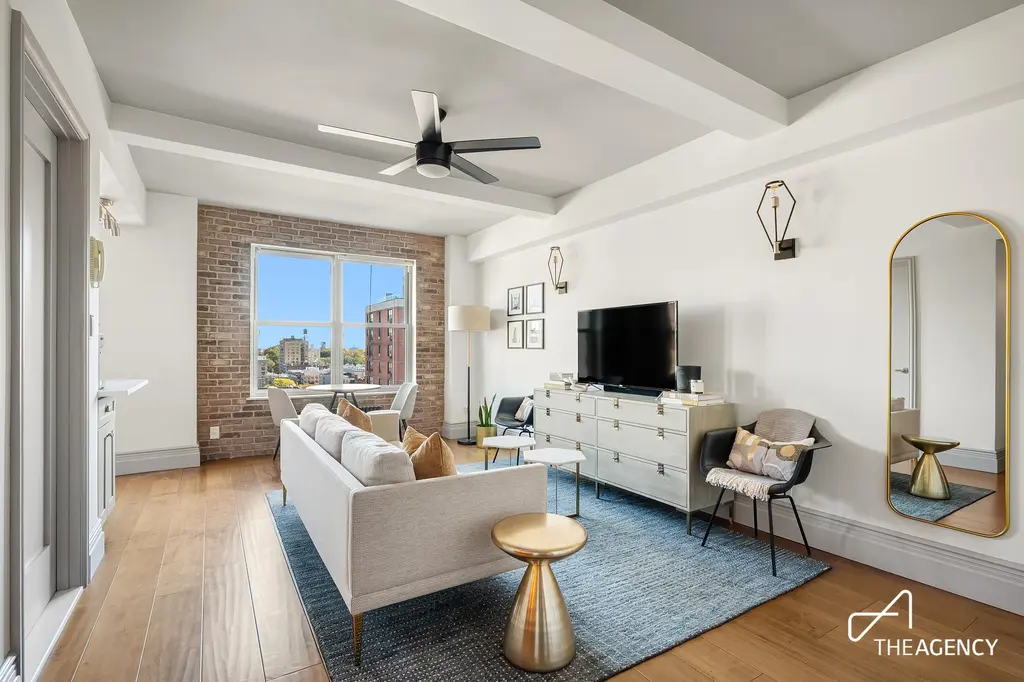
200 West 108th Street, #11E (The Agency Brokerage)
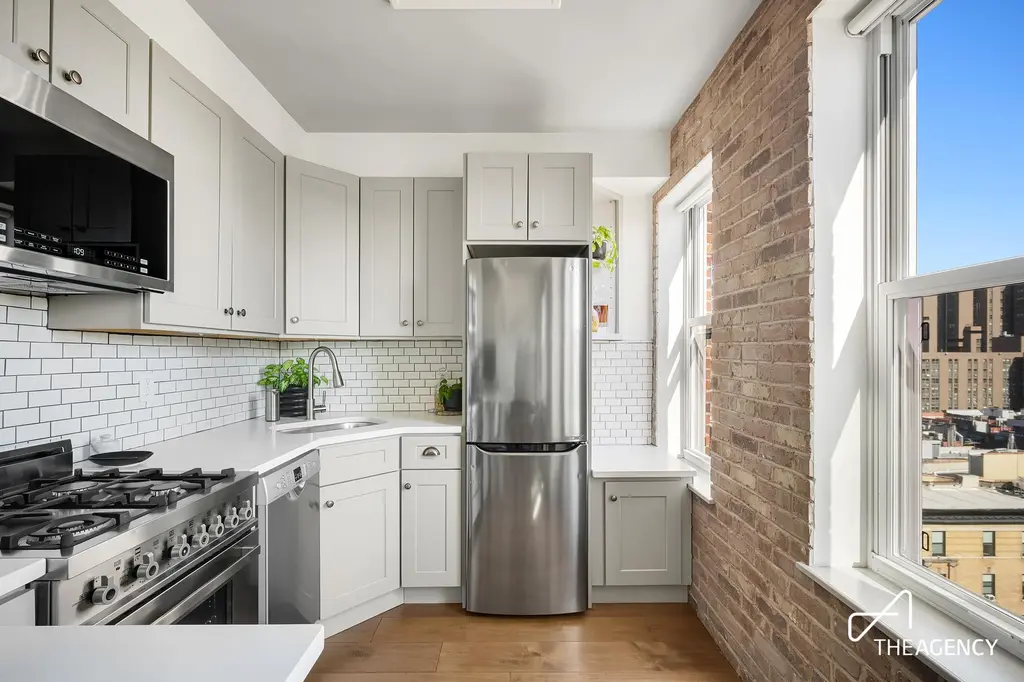
Sutton Gardens, #8U
$595,000
Beekman/Sutton Place | Cooperative | 1 Bedroom, 1 BathOpen House: The afternoon of Sunday, October 27
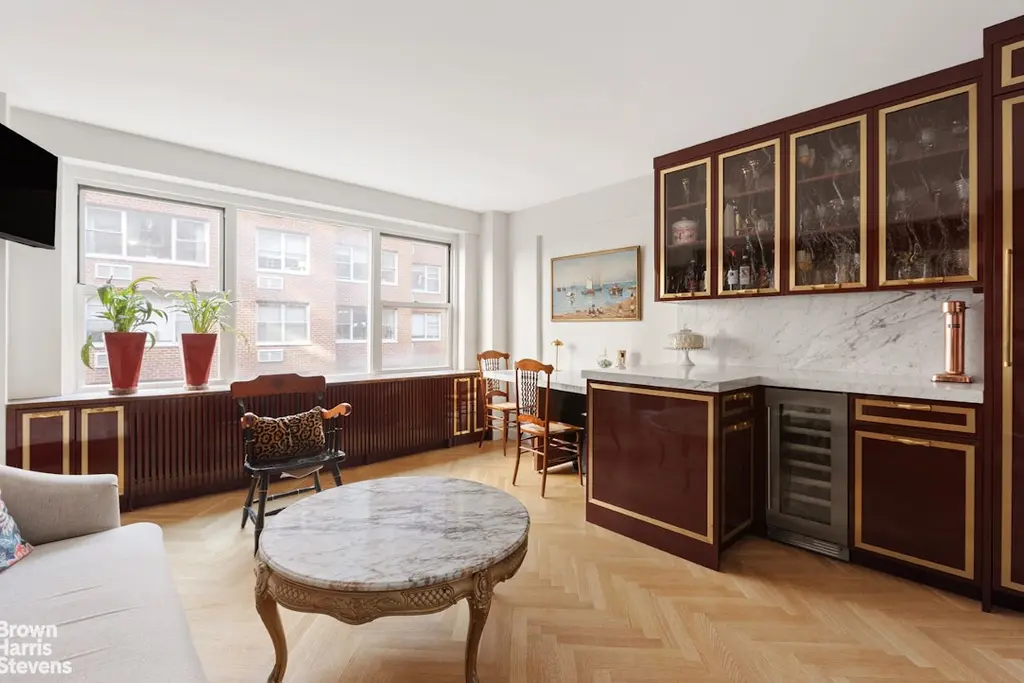
Sutton Gardens, #8U (Brown Harris Stevens Residential Sales LLC)
London Terrace Towers, #2D
$585,000
Chelsea | Cooperative | 1 Bedroom, 1 BathOpen House: The afternoon of Sunday, October 27
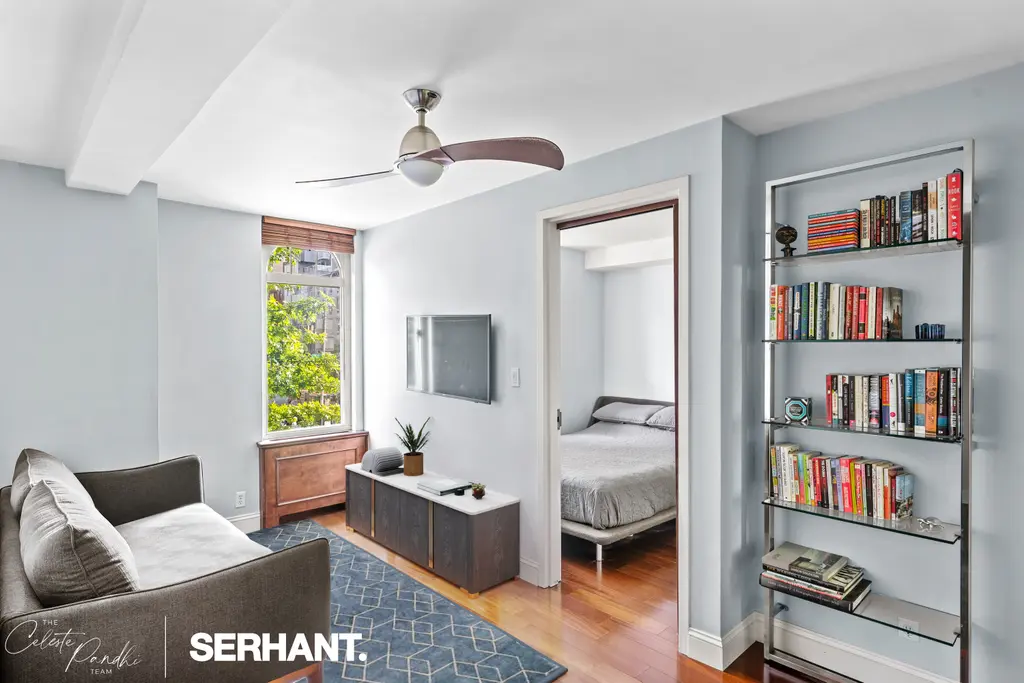
London Terrace Towers, #2D (Serhant LLC)
Rivercross, #1507
$575,000
Roosevelt Island | Cooperative | 1 Bedroom, 1.5 BathsOpen House: The afternoon of Sunday, October 27

Rivercross, #1507 (Elegran LLC)
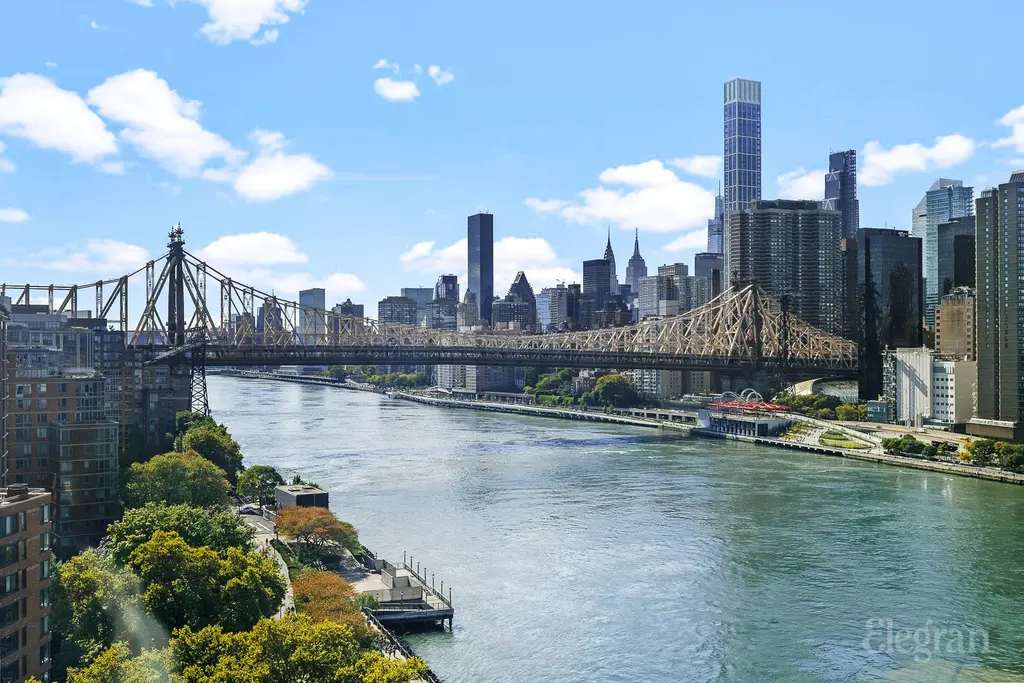
Would you like to tour any of these properties?
Just complete the info below.
Or call us at (212) 755-5544
Would you like to tour any of these properties?
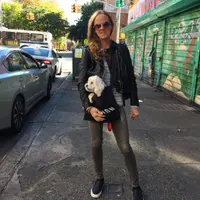
Contributing Writer
Michelle Sinclair Colman
Michelle writes children's books and also writes articles about architecture, design and real estate. Those two passions came together in Michelle's first children's book, "Urban Babies Wear Black." Michelle has a Master's degree in Sociology from the University of Minnesota and a Master's degree in the Cities Program from the London School of Economics.


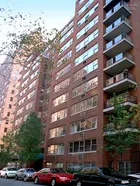
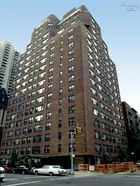

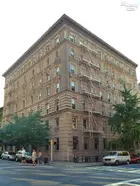
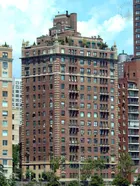


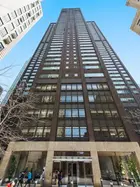
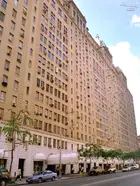
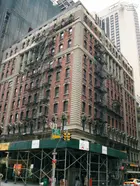
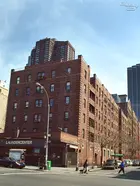
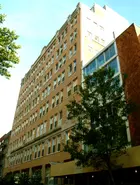
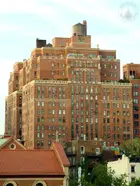

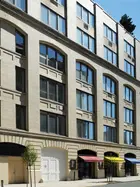

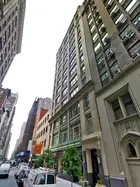

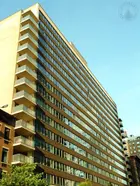
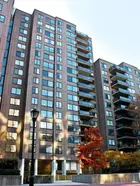


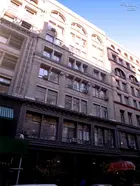
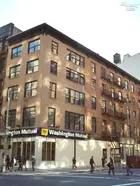

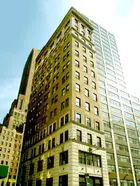
 6sqft delivers the latest on real estate, architecture, and design, straight from New York City.
6sqft delivers the latest on real estate, architecture, and design, straight from New York City.
